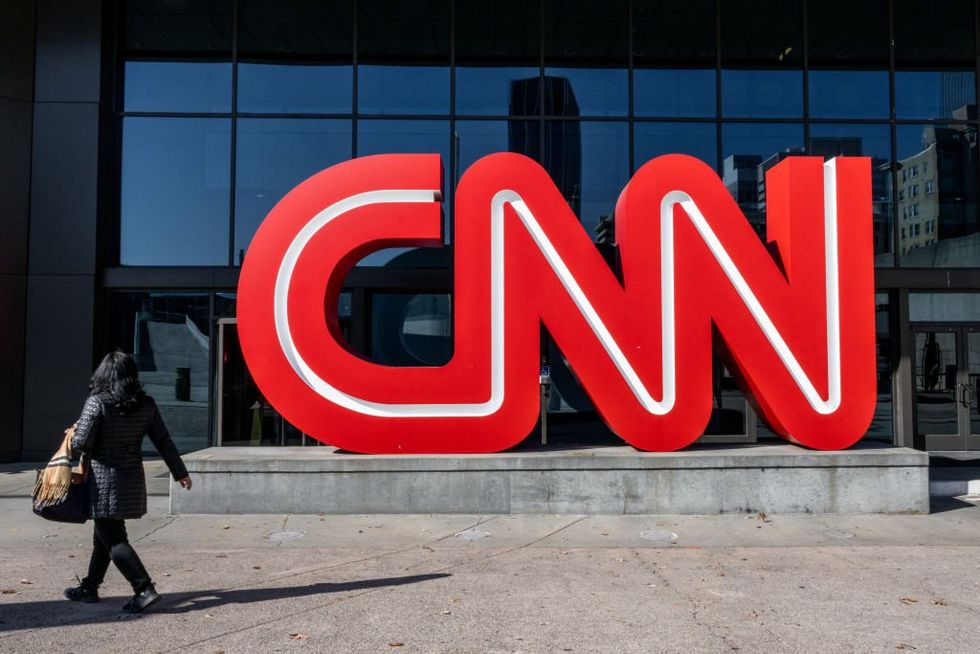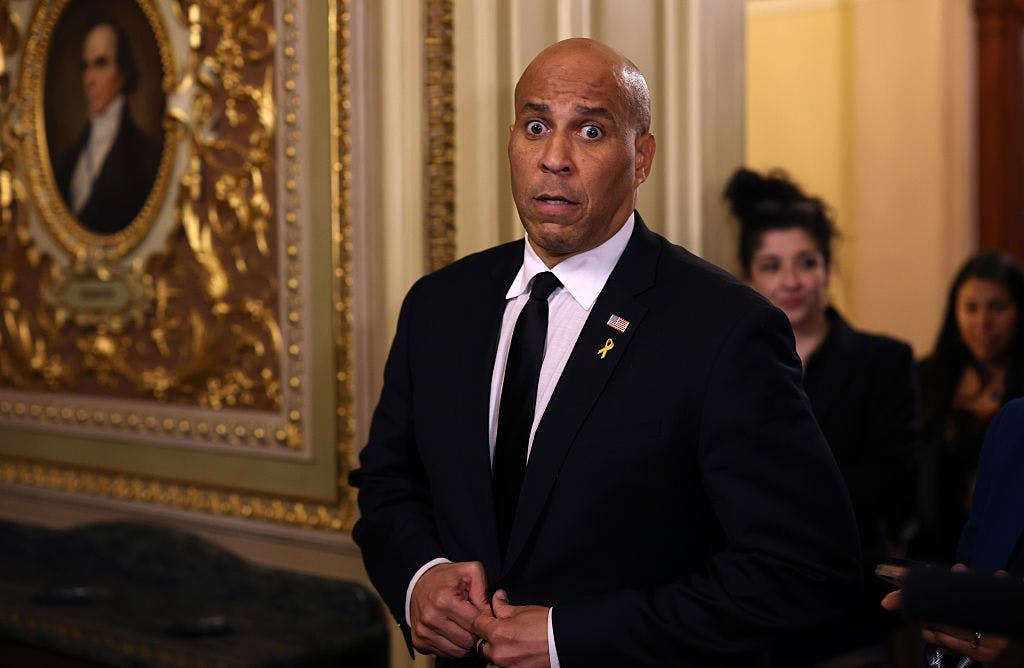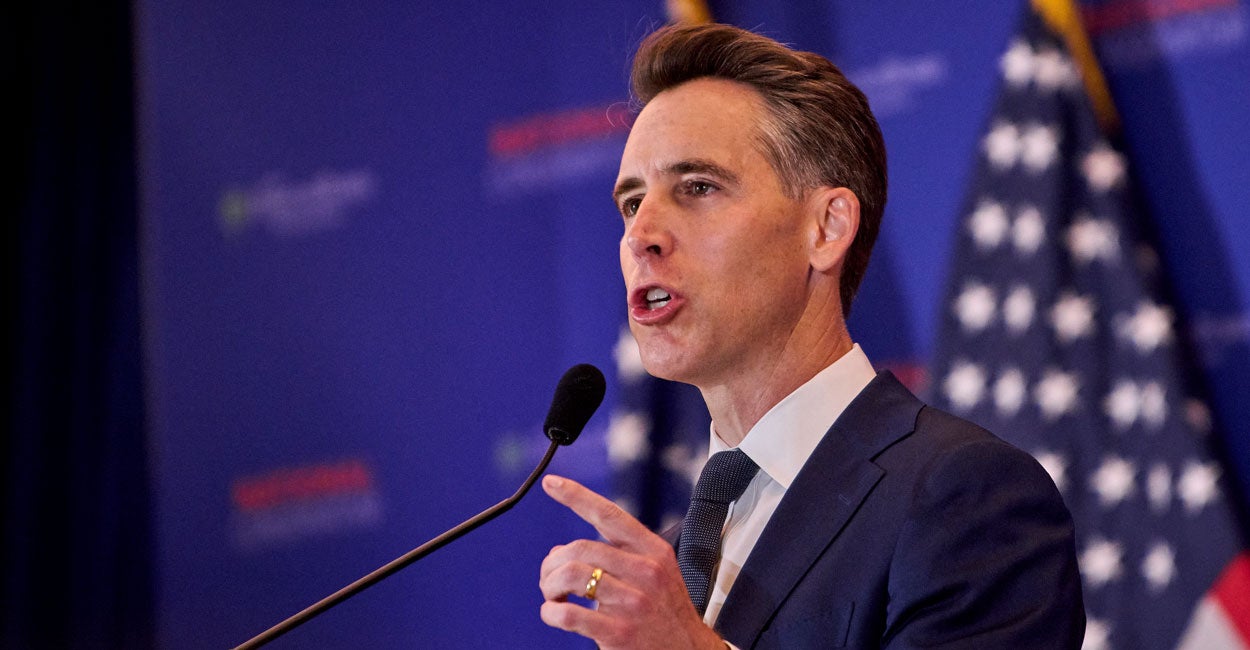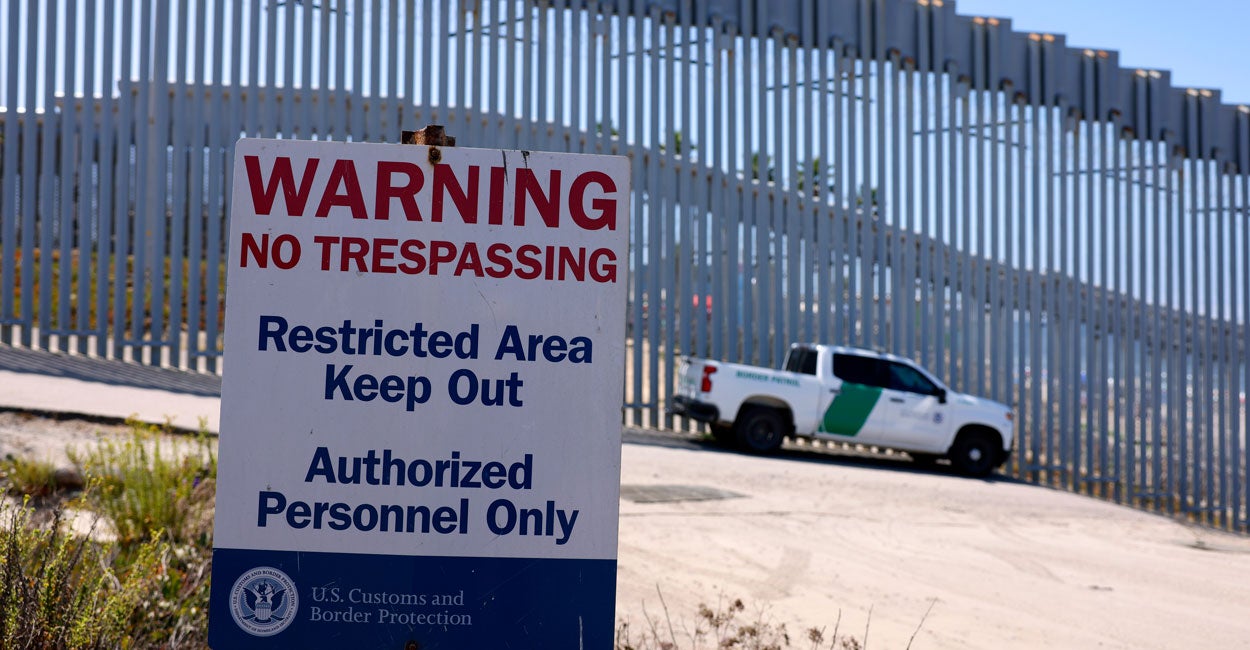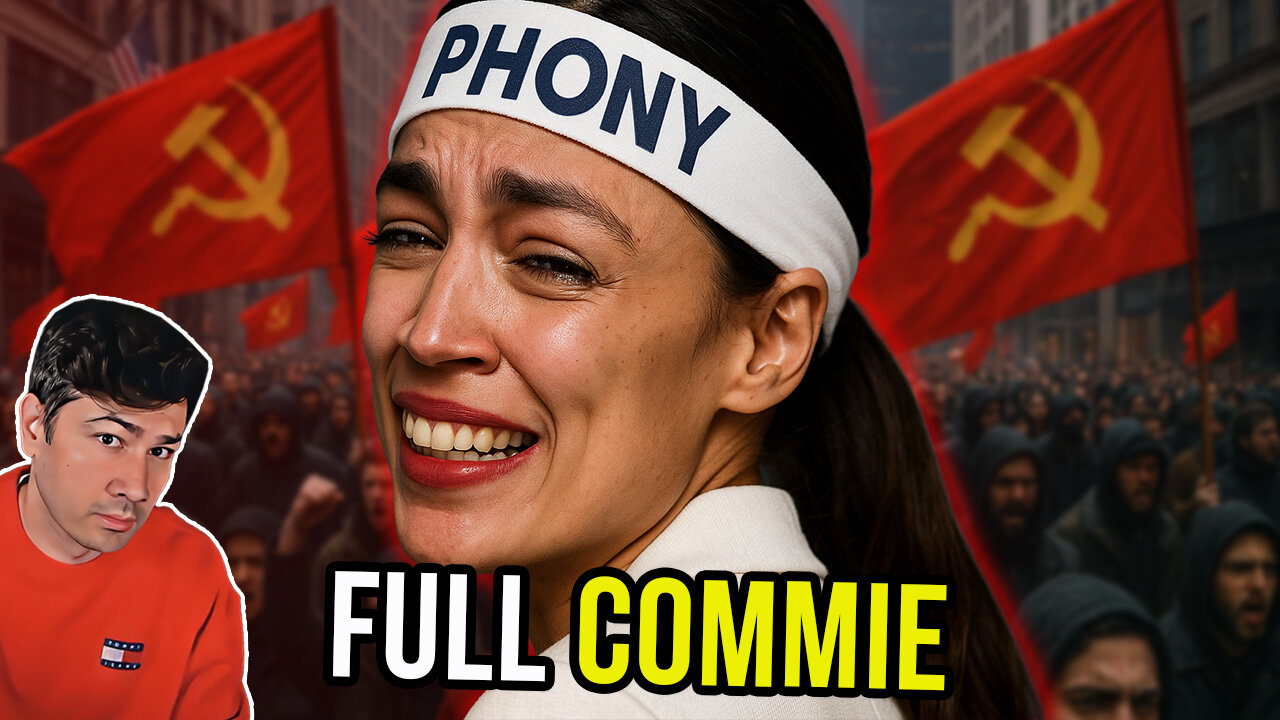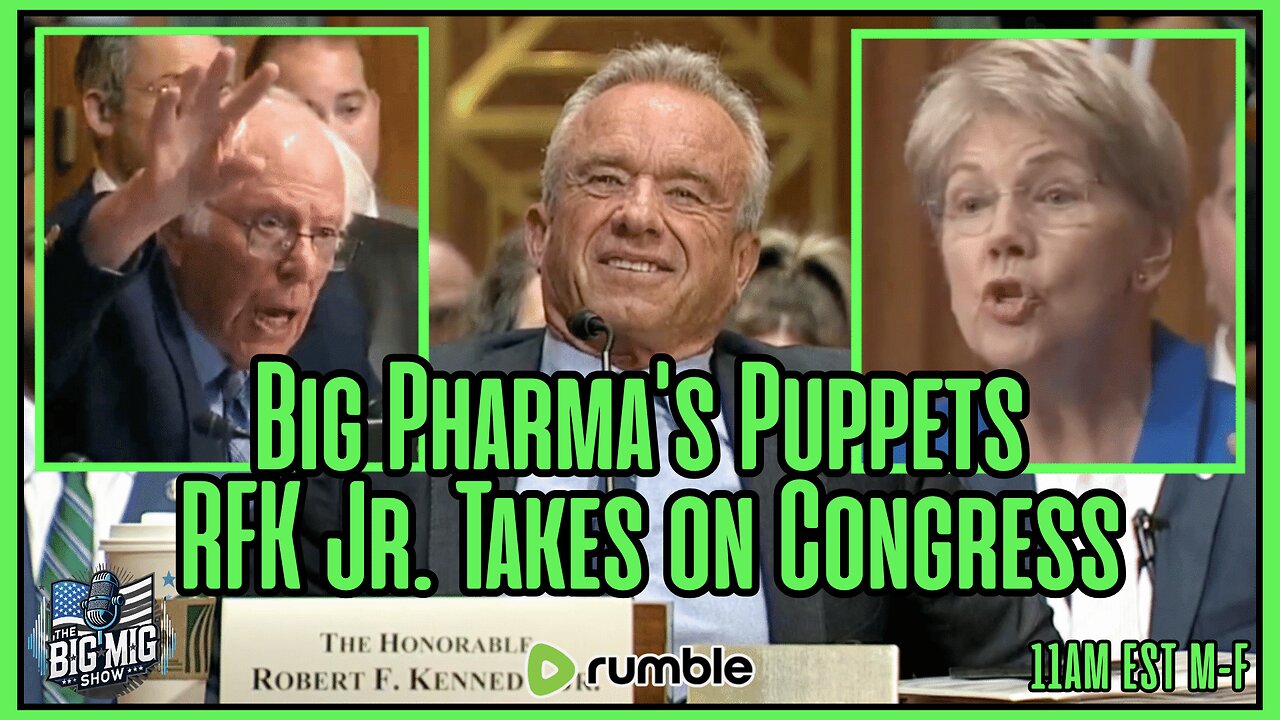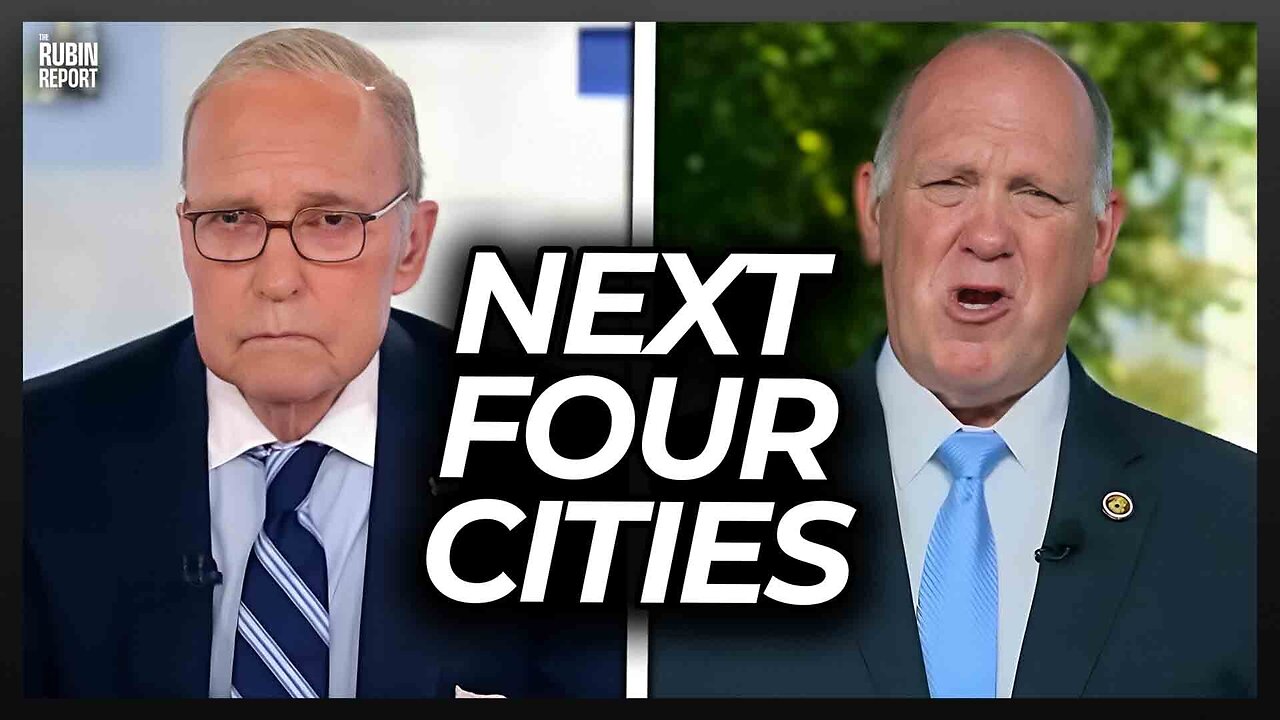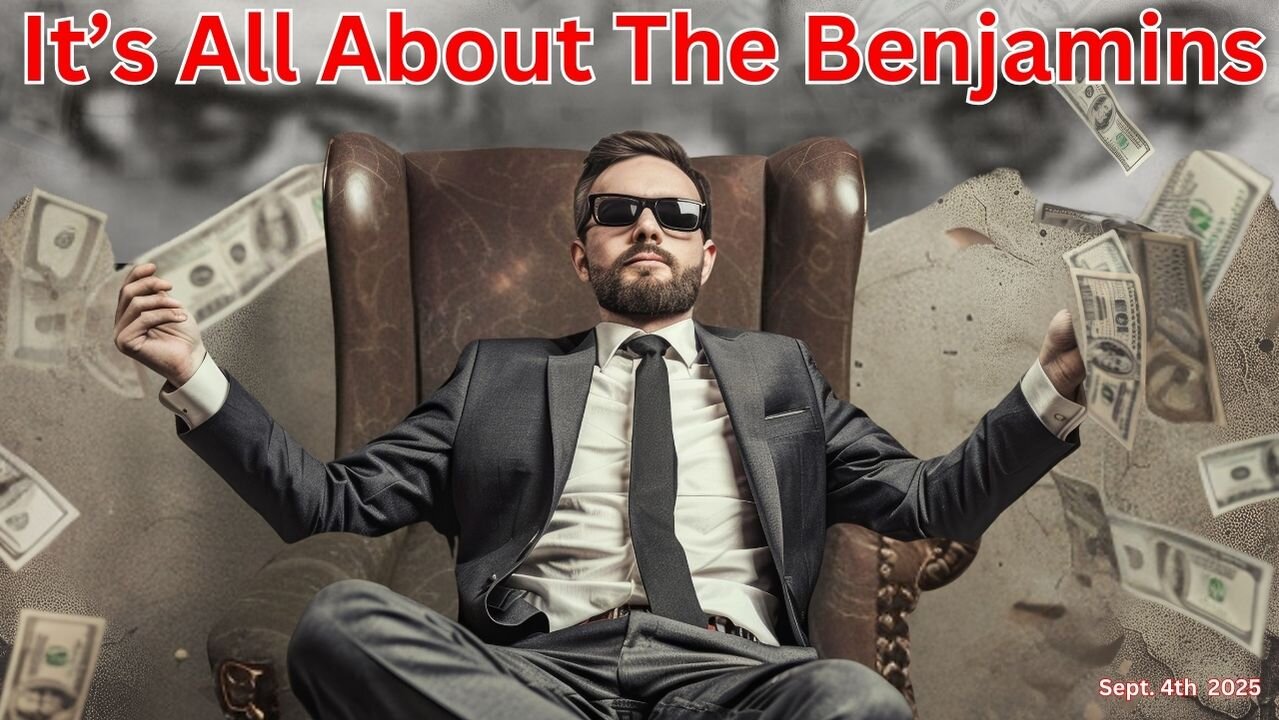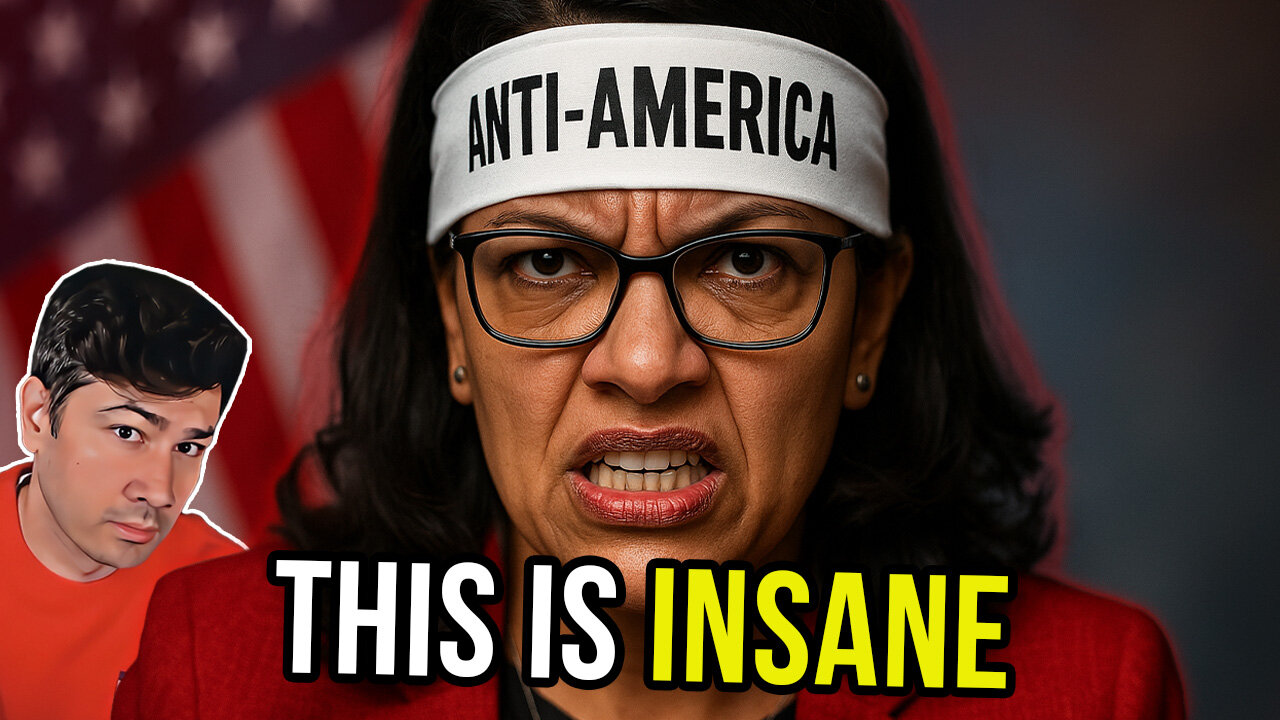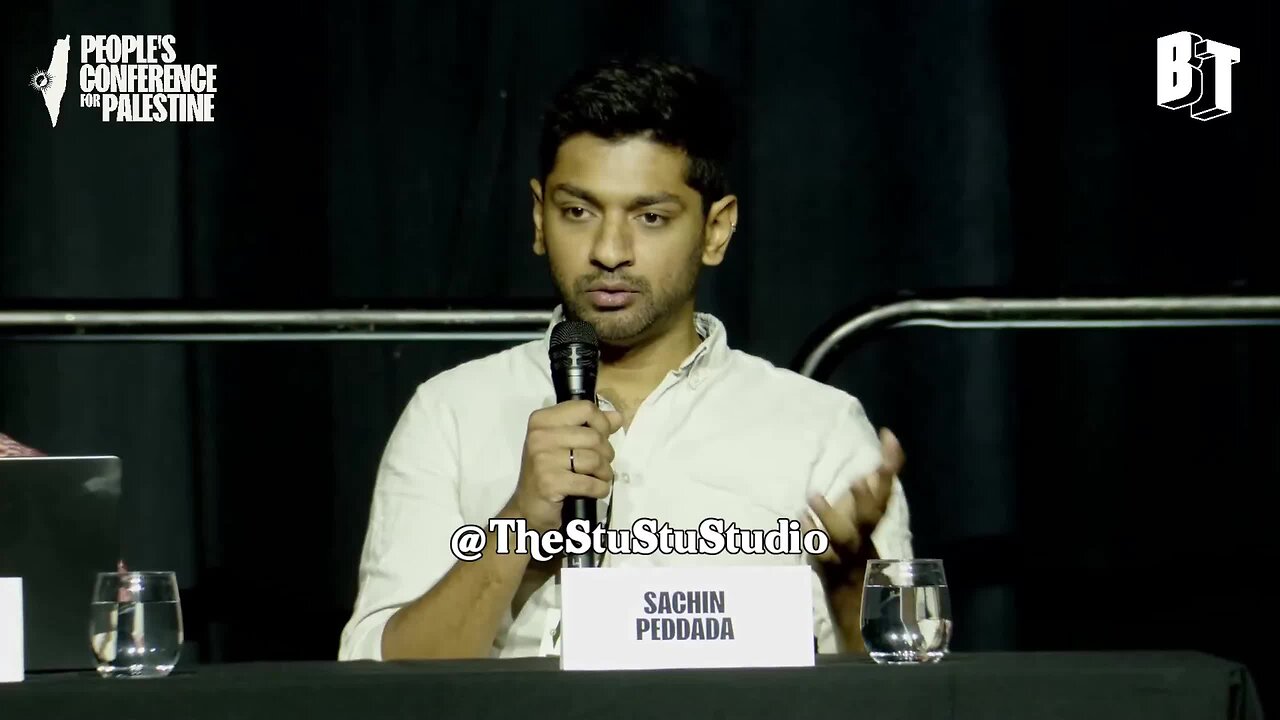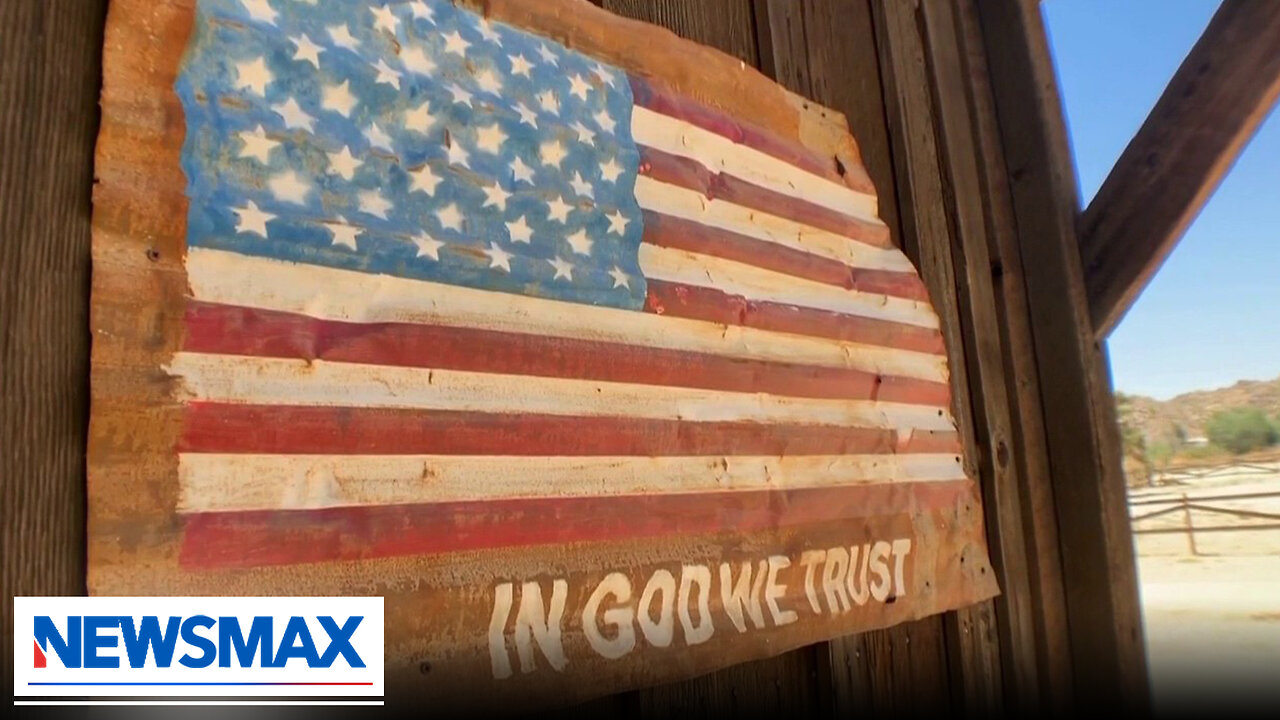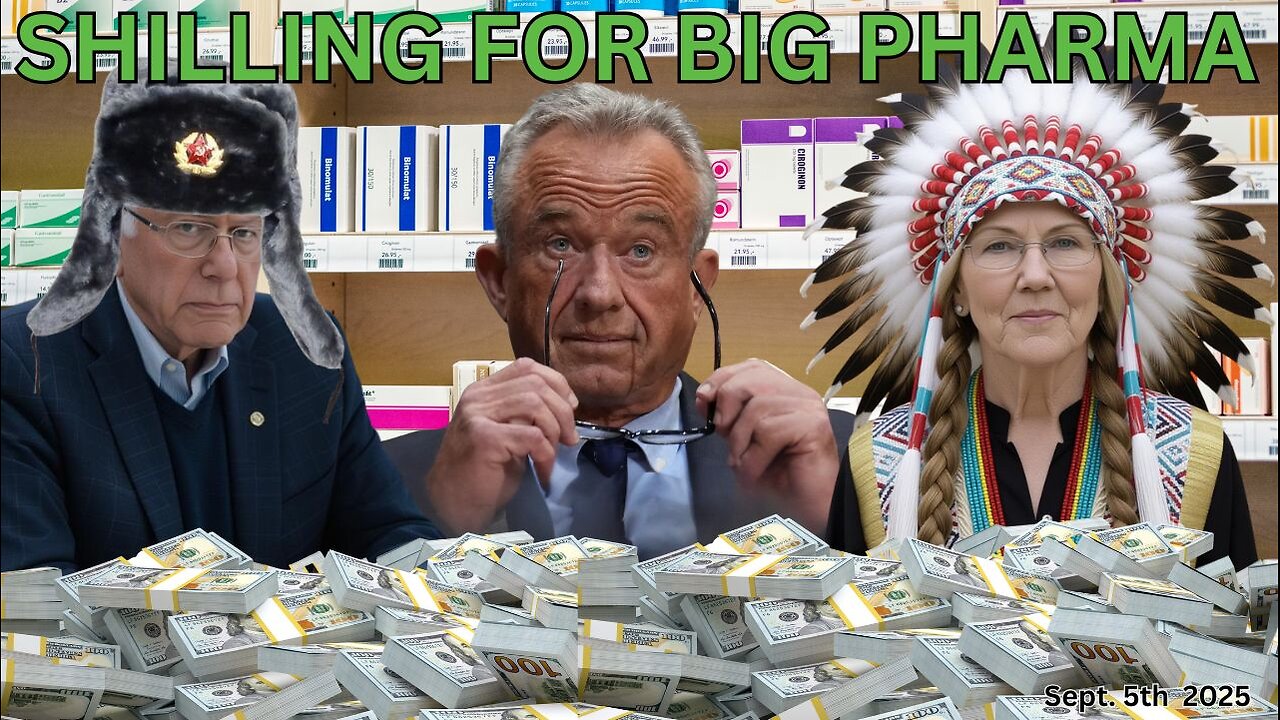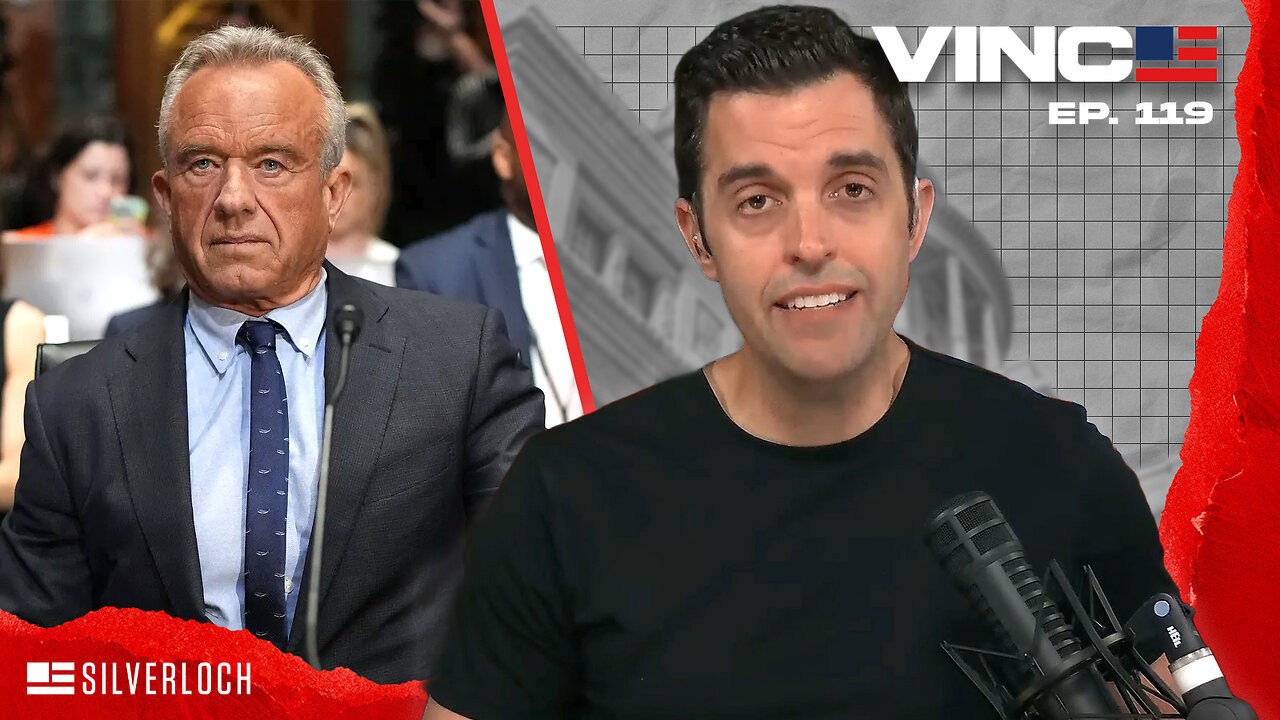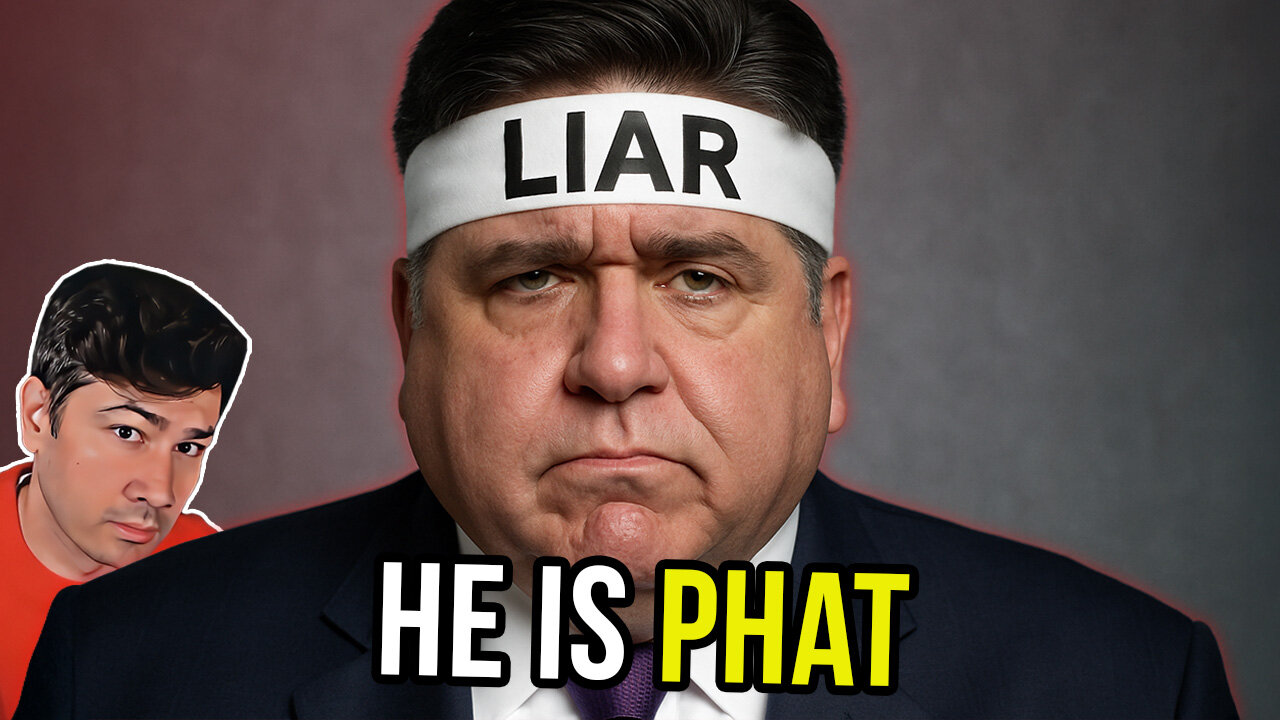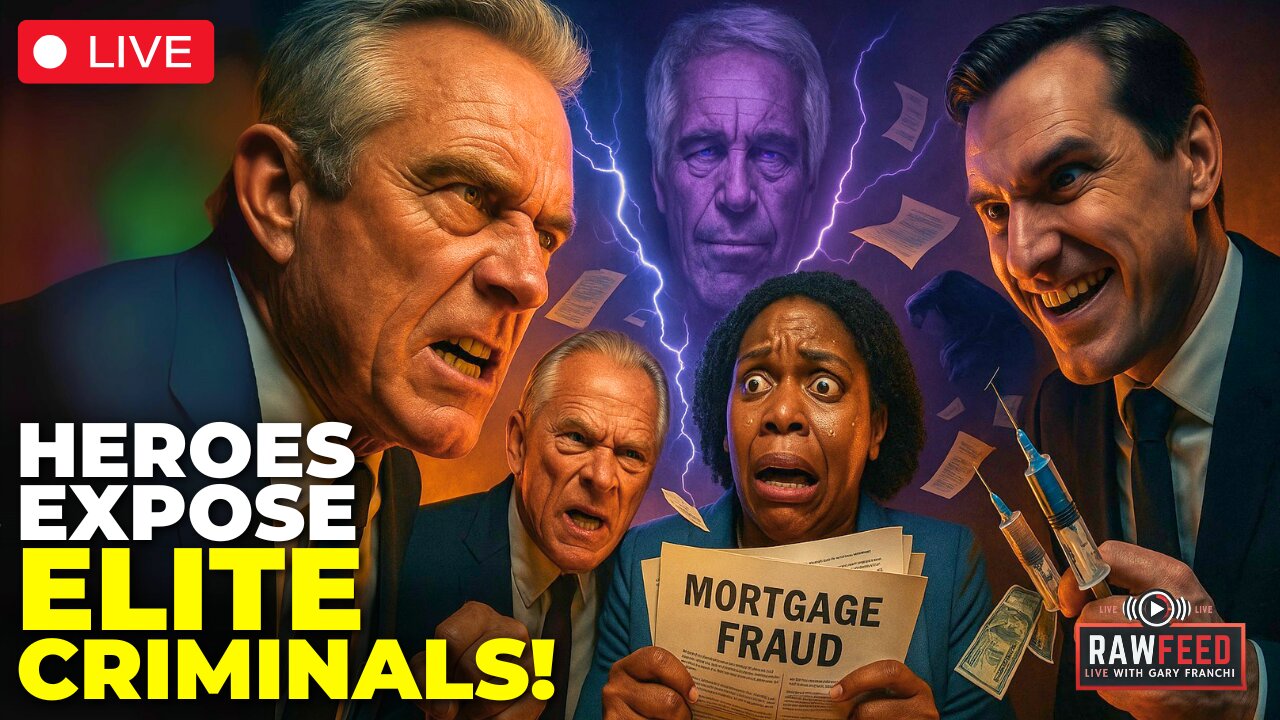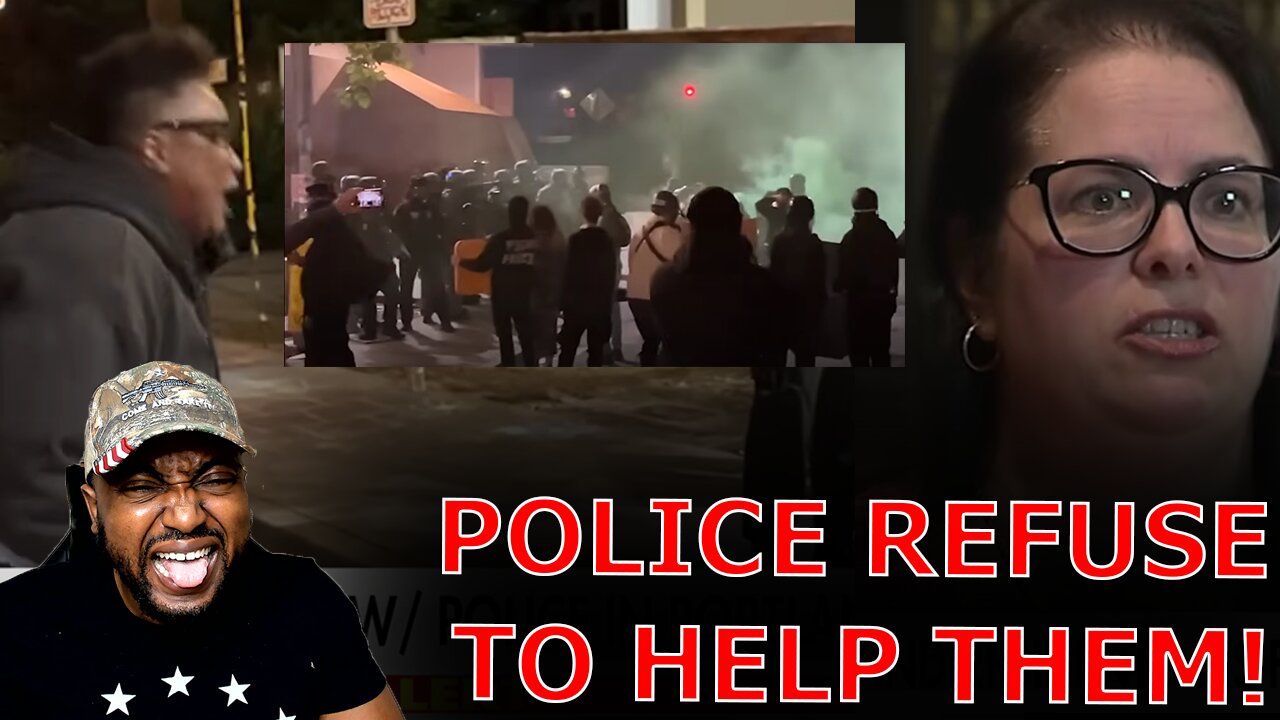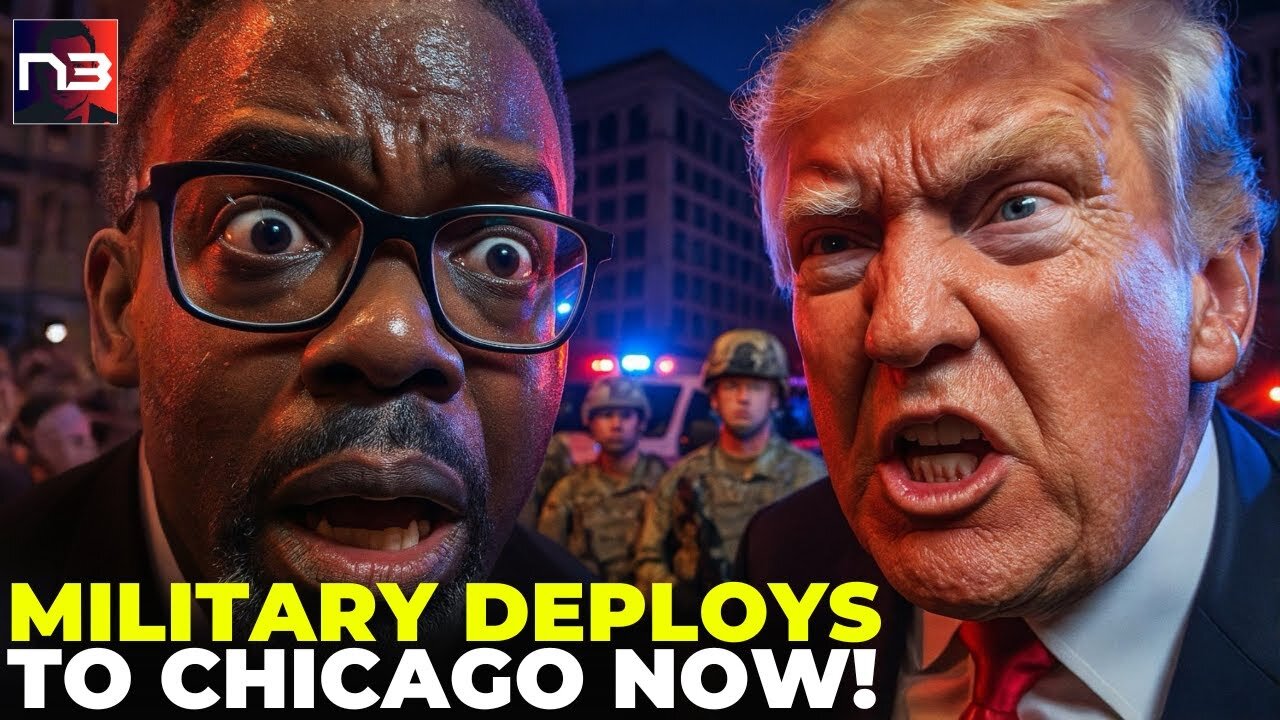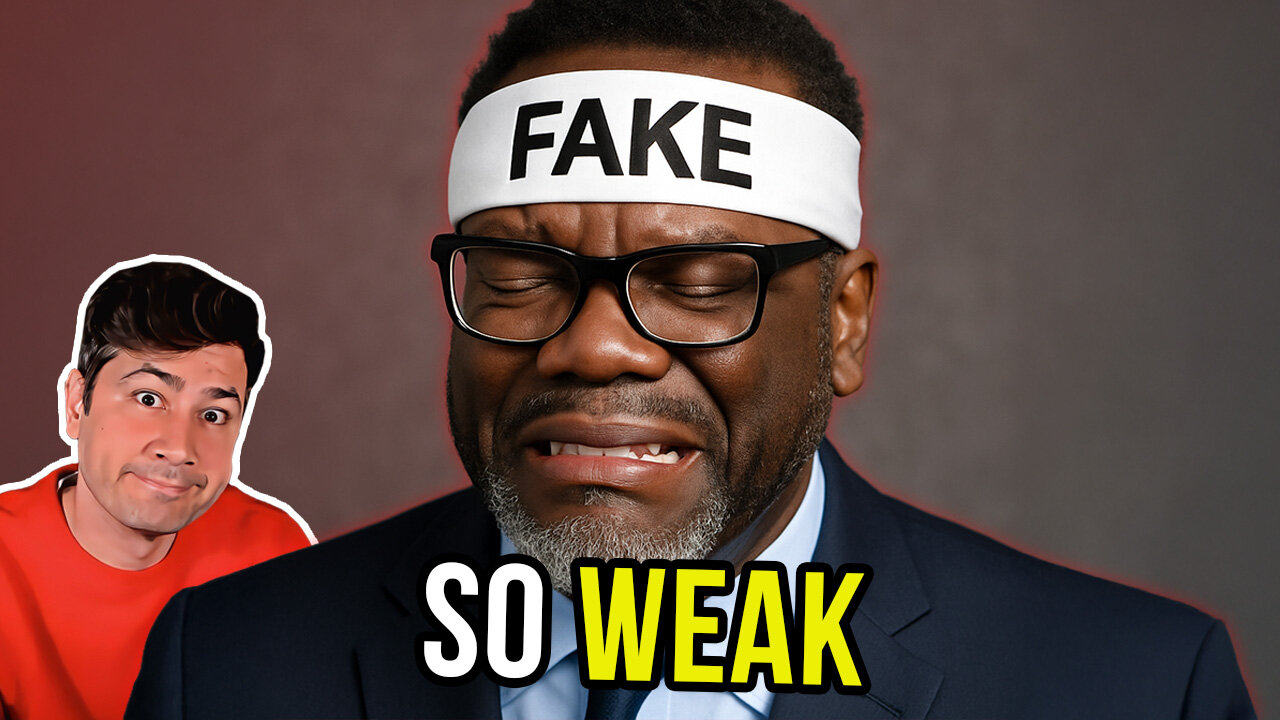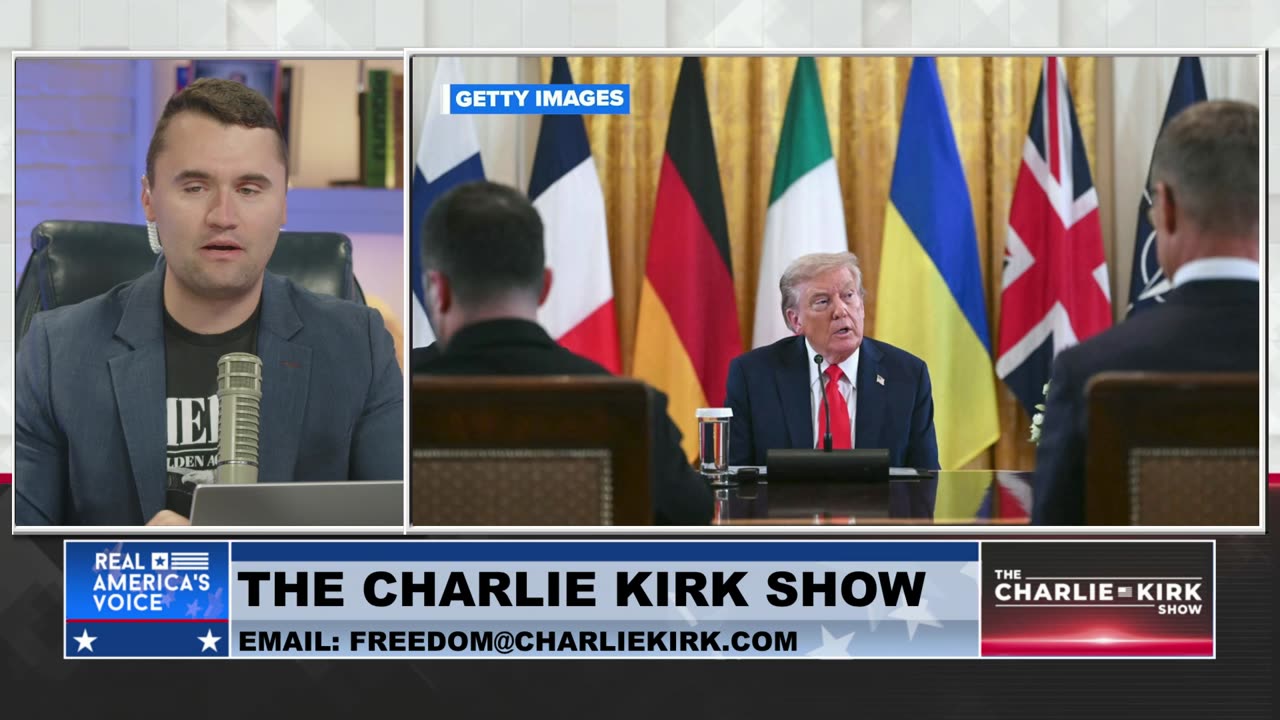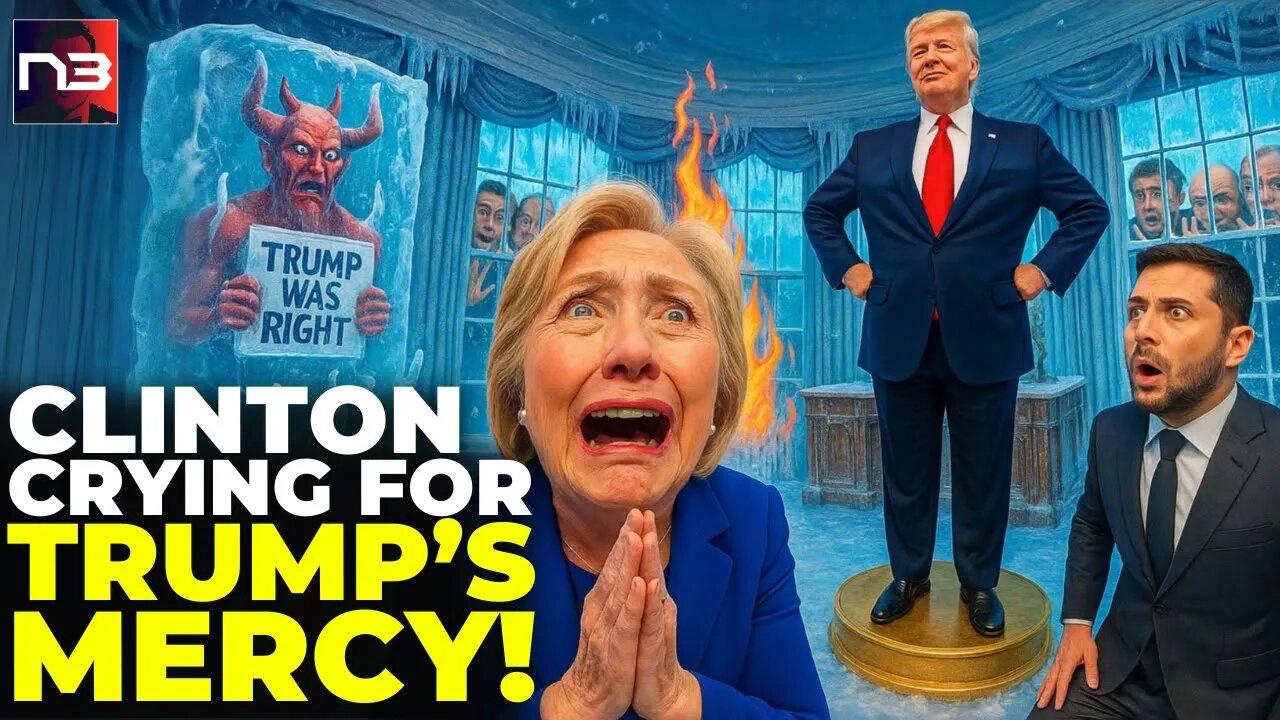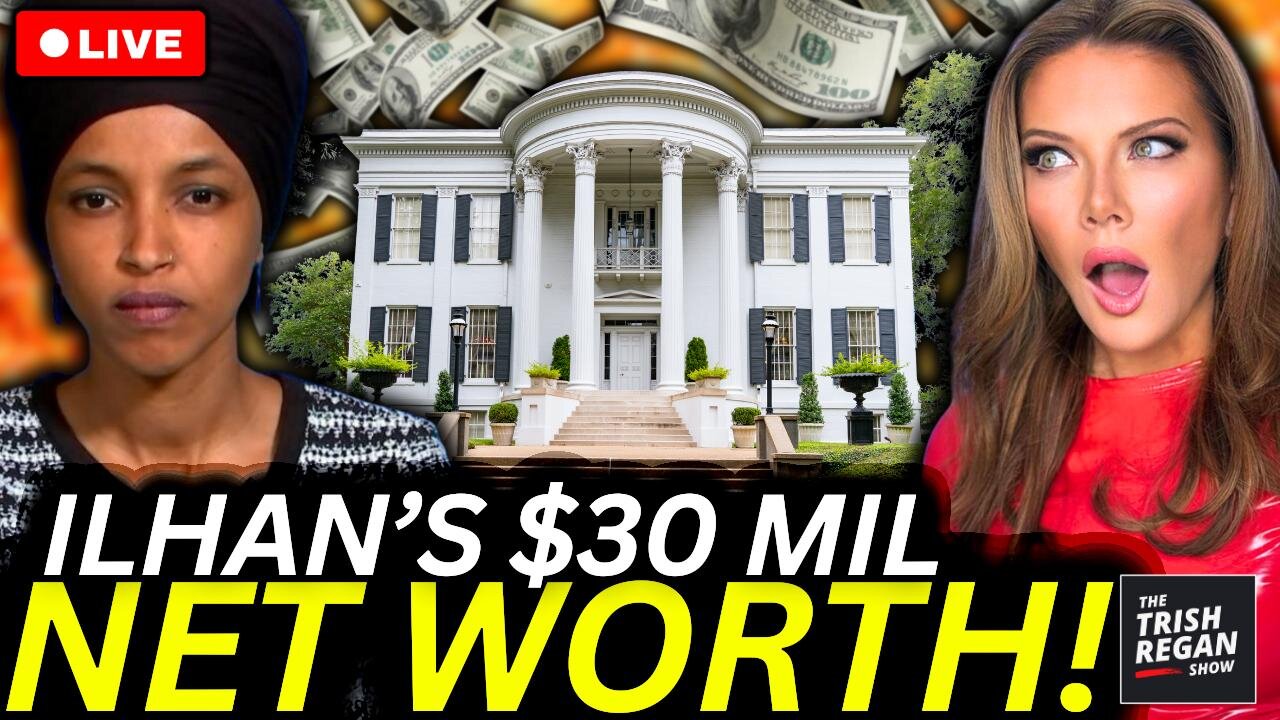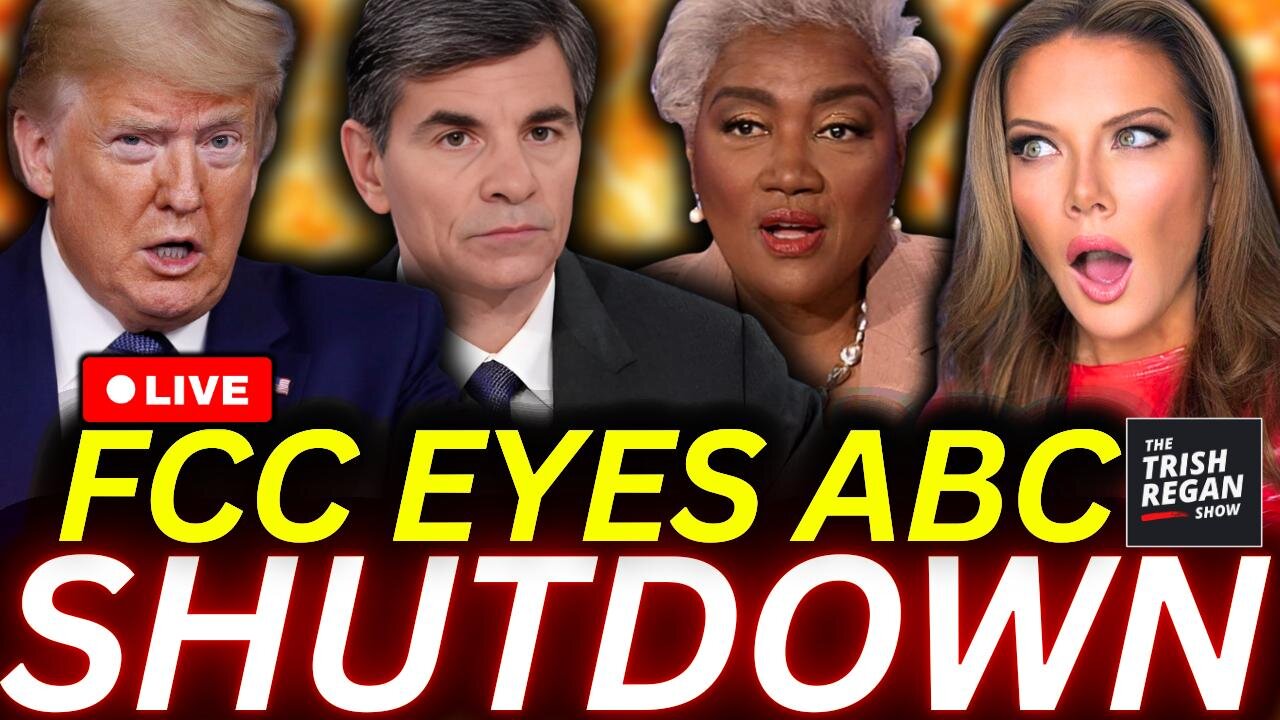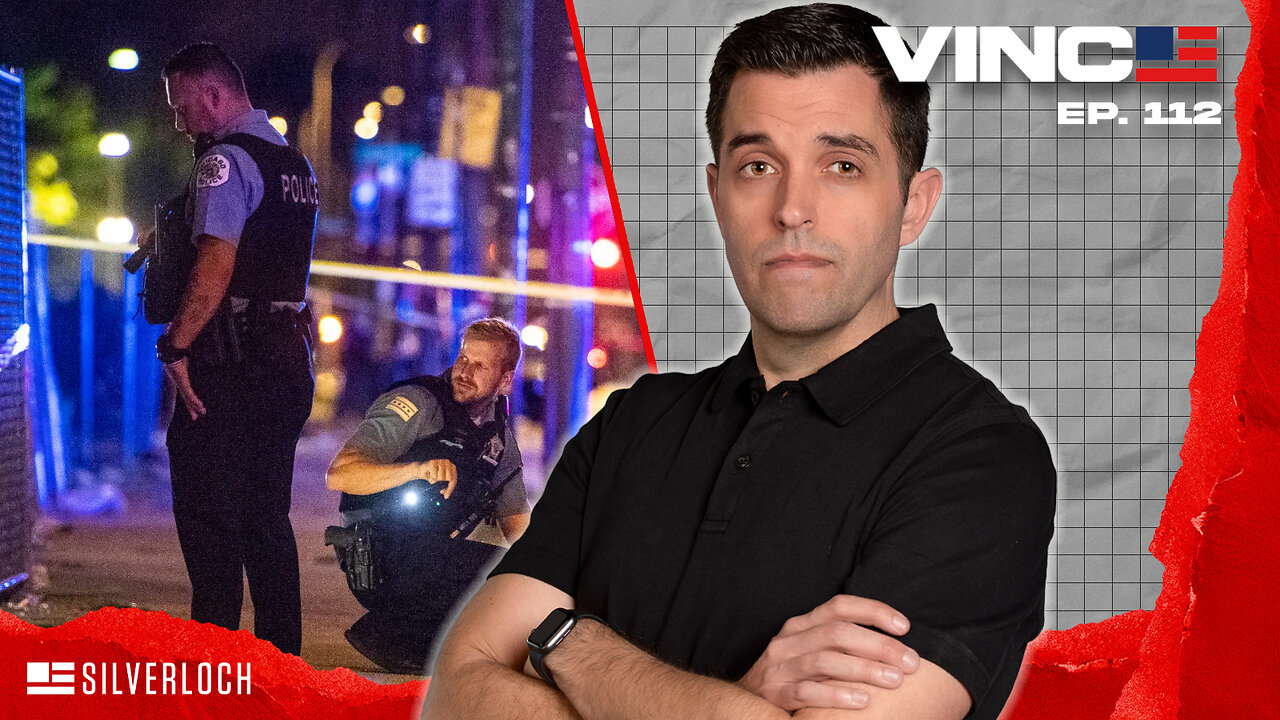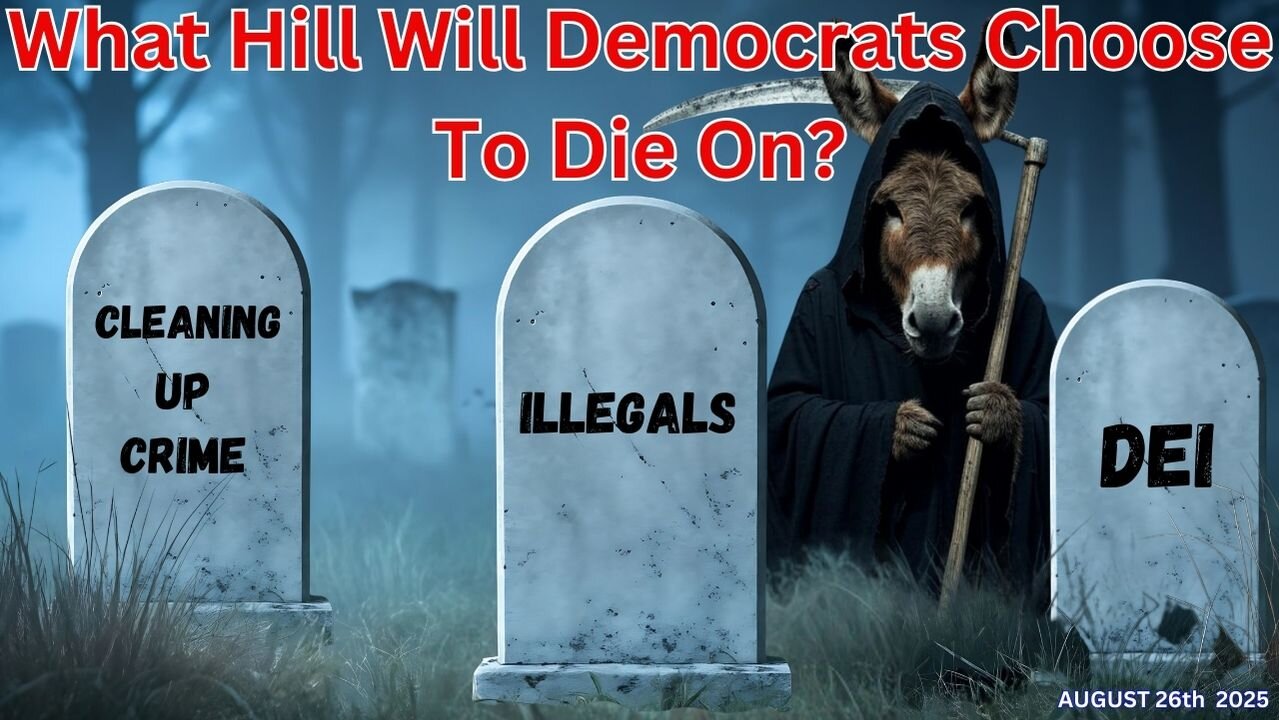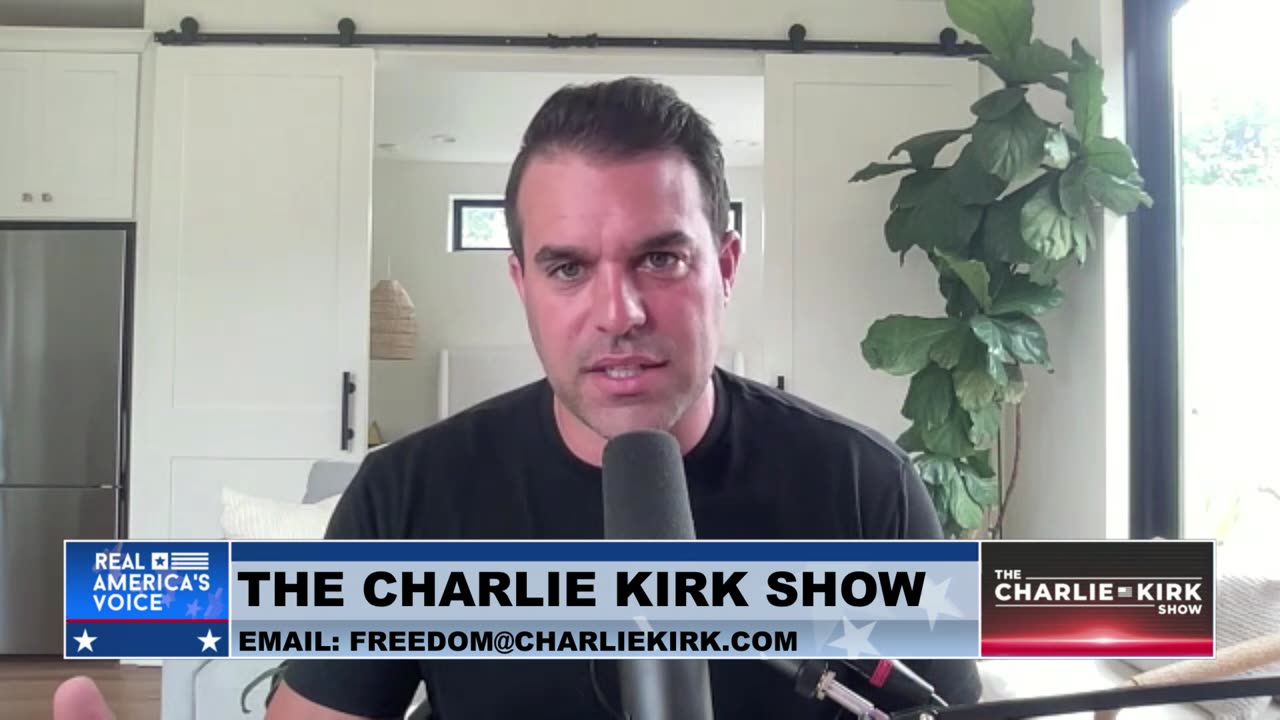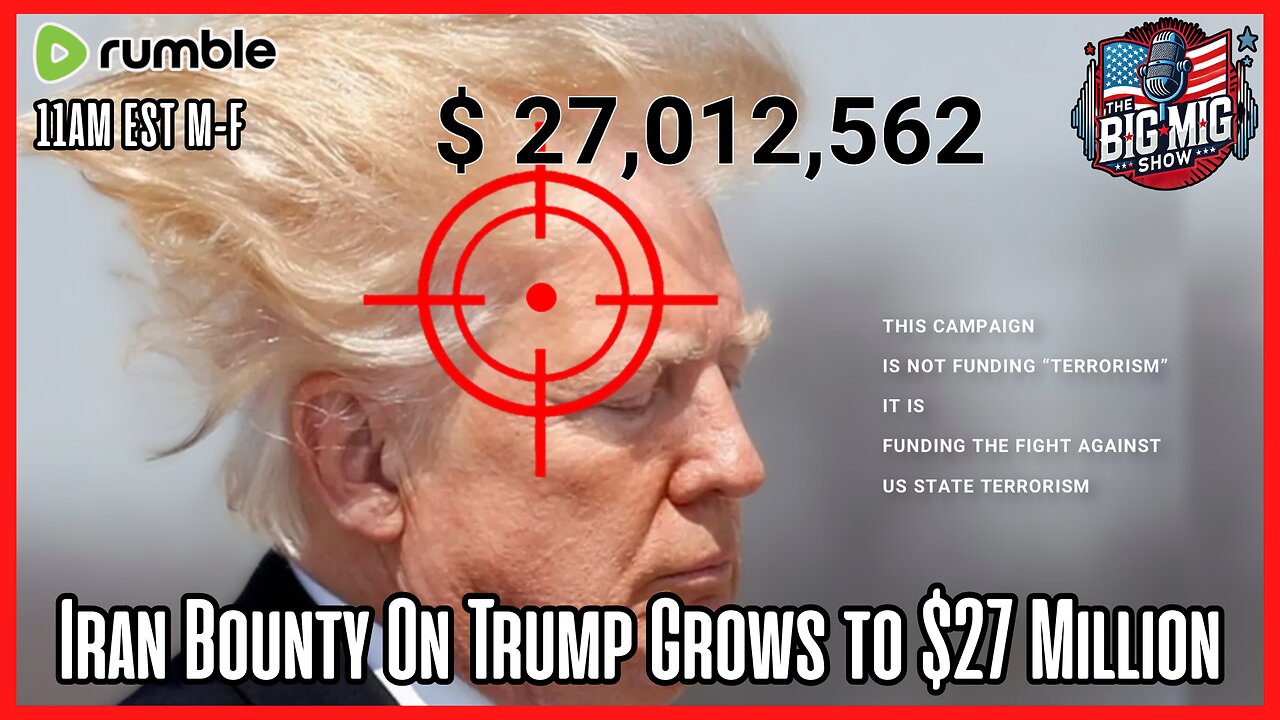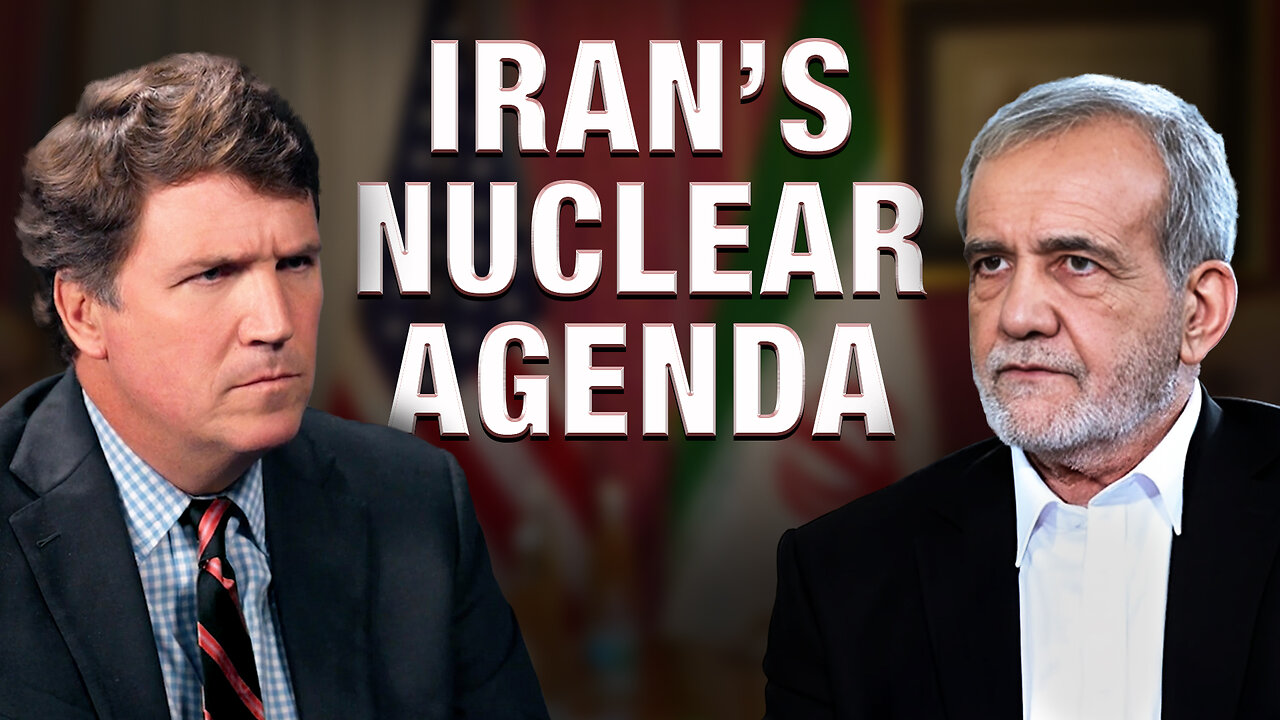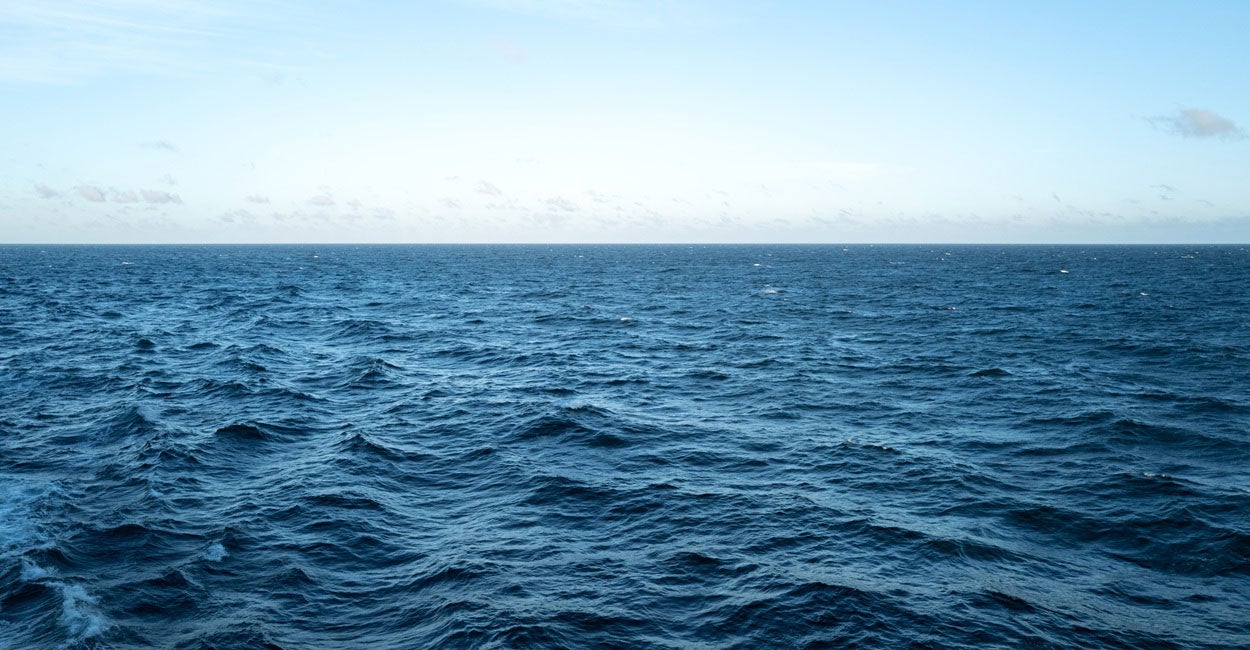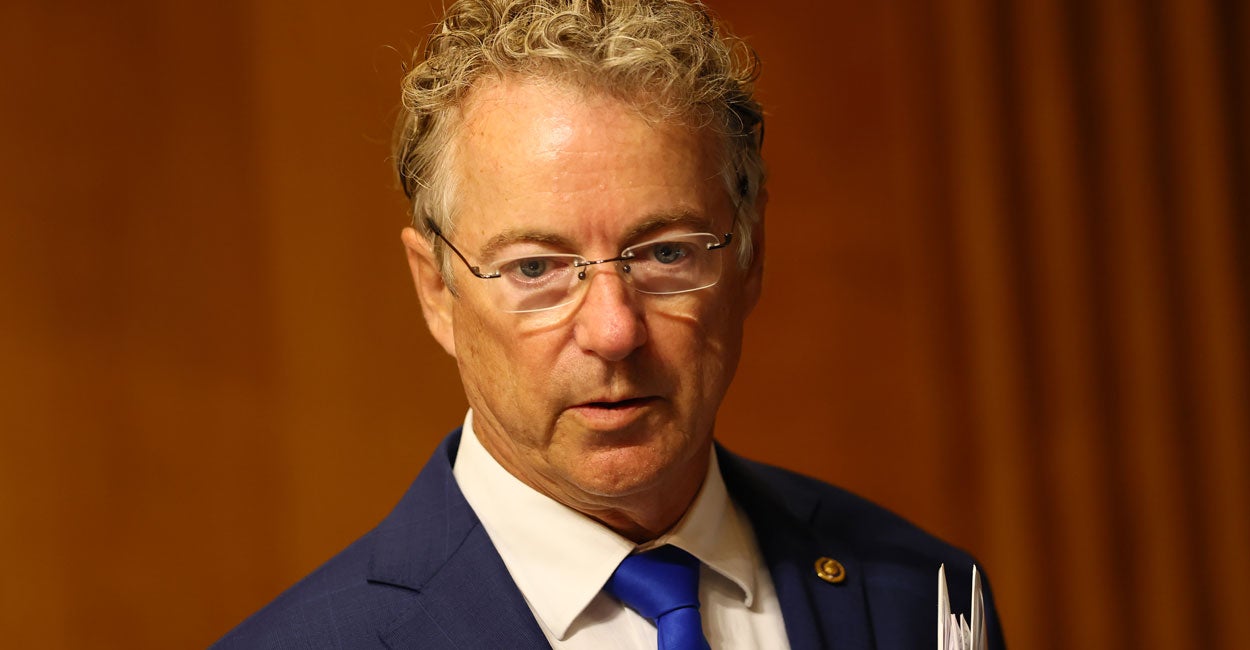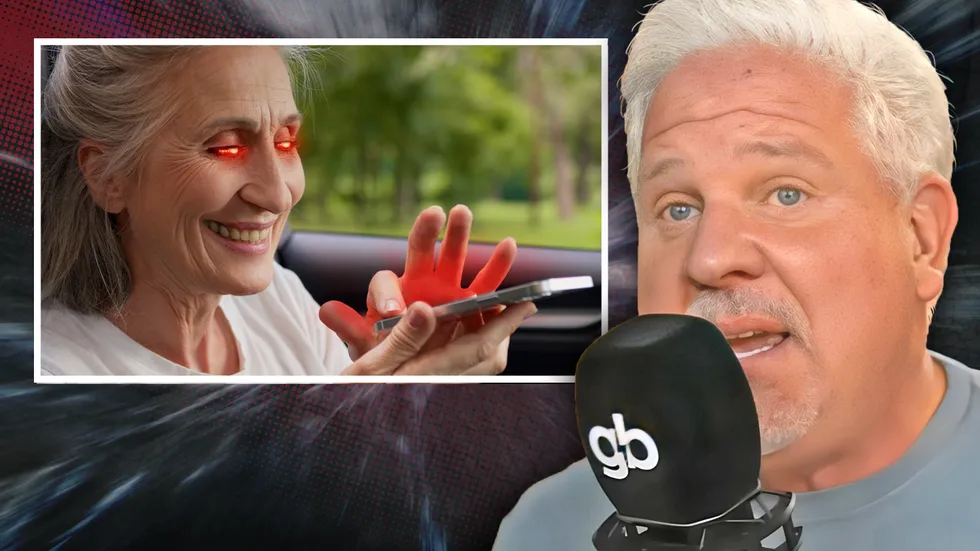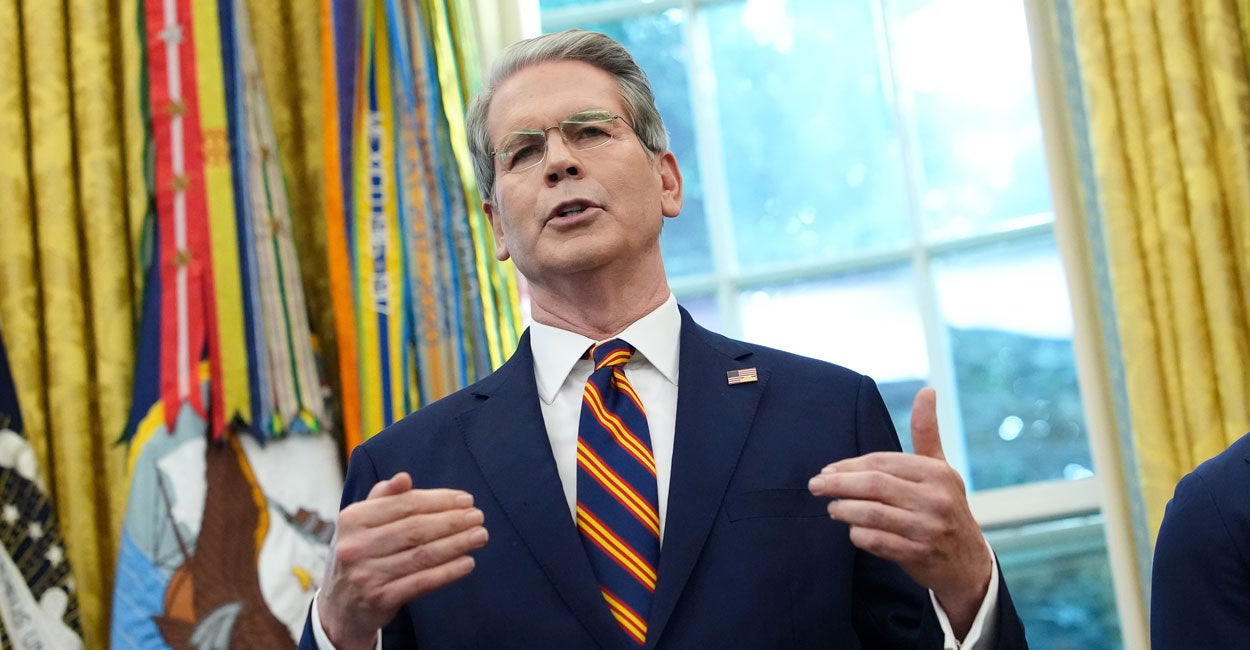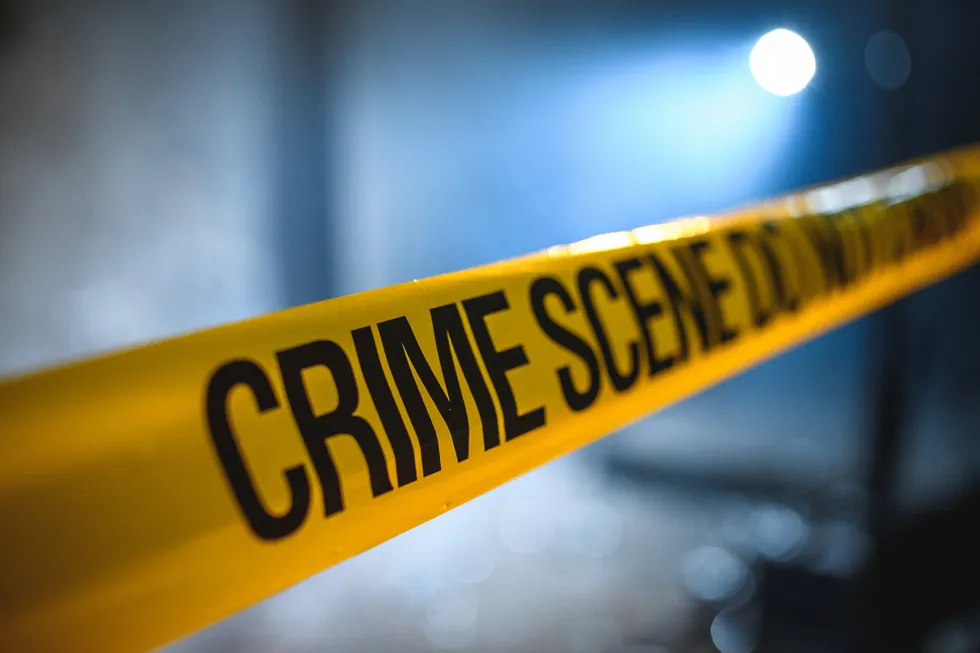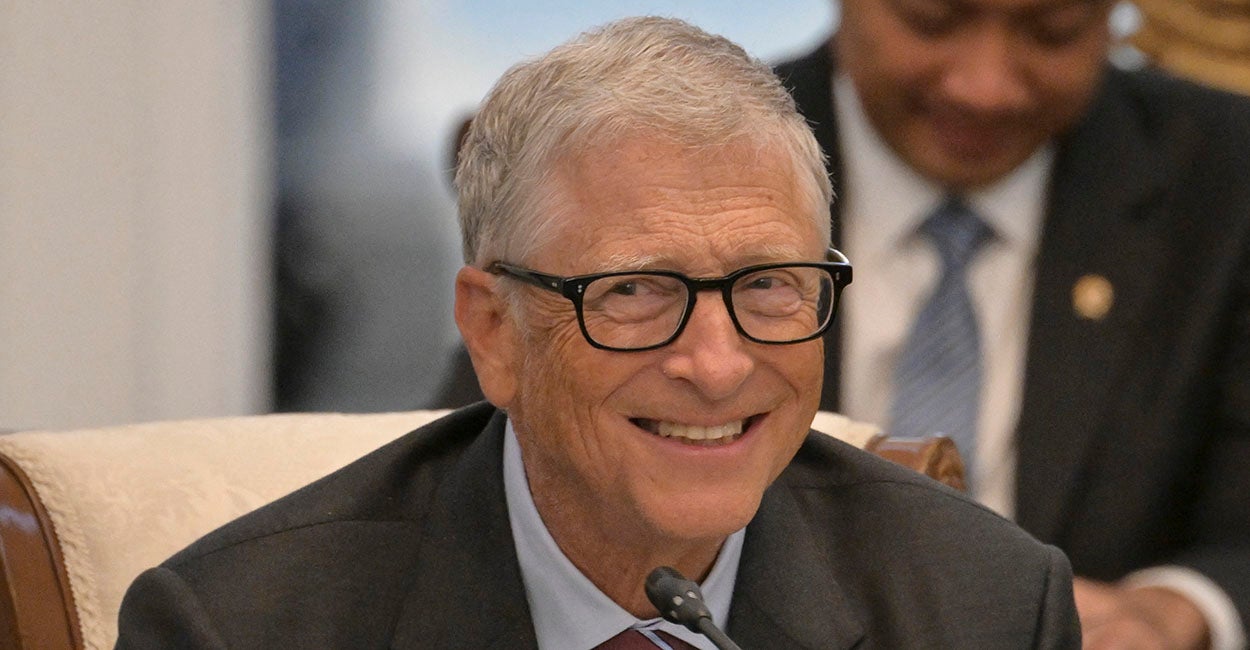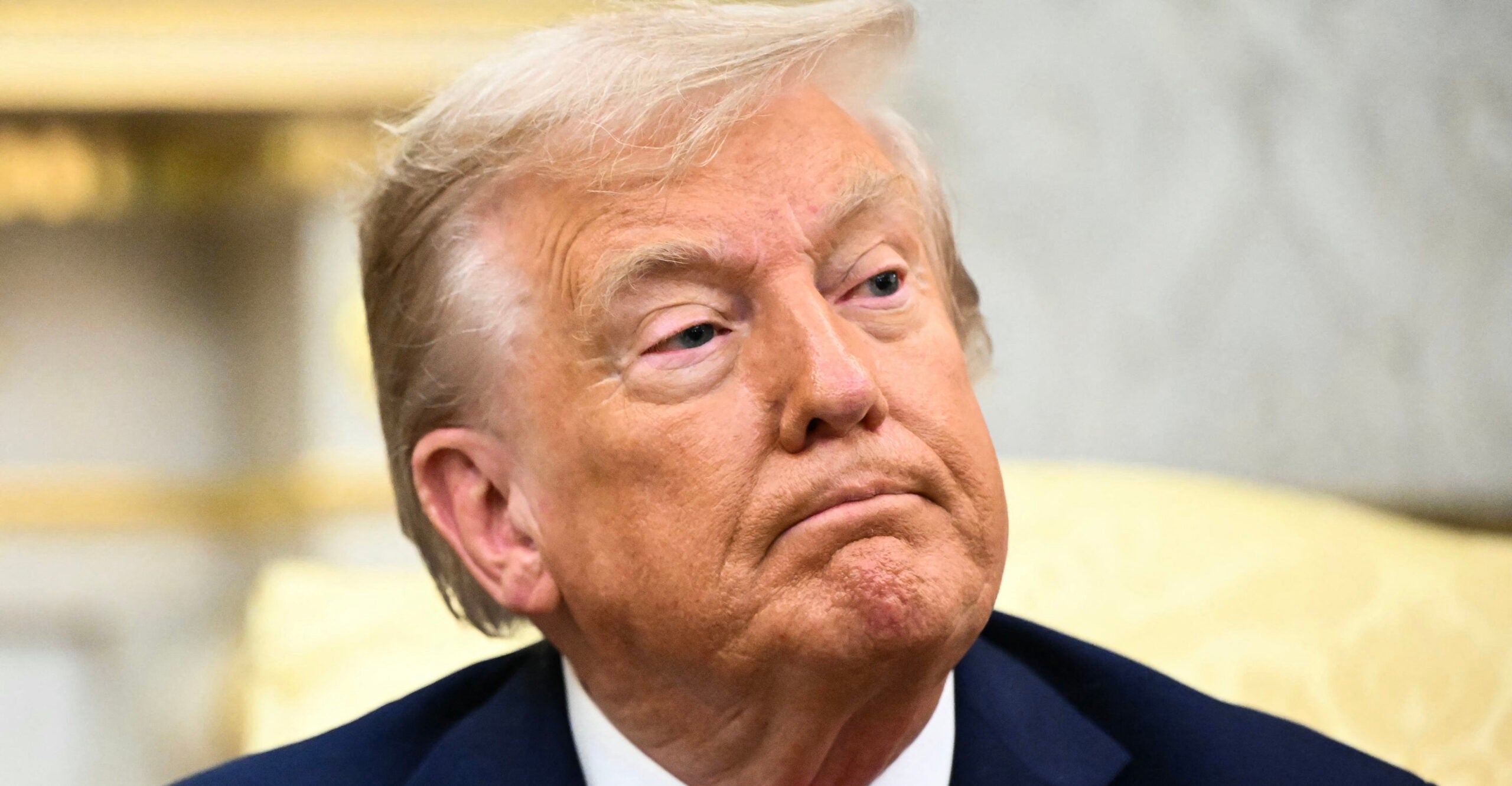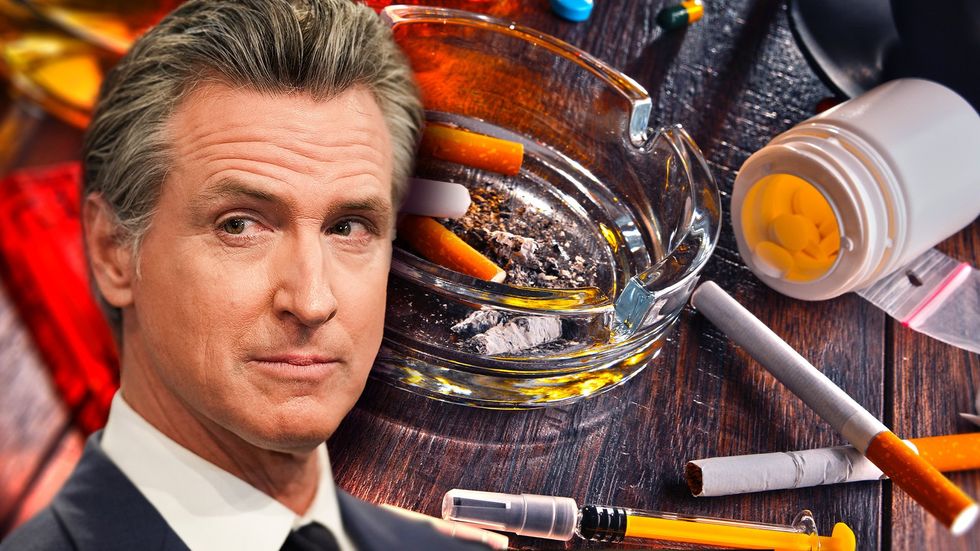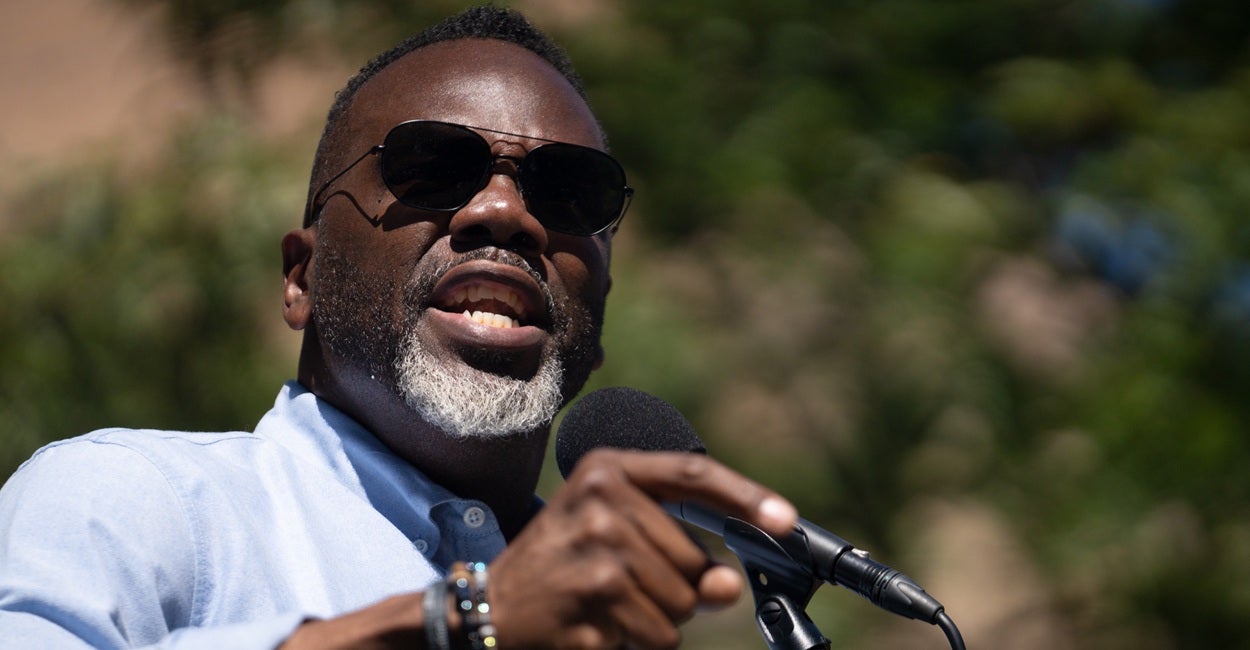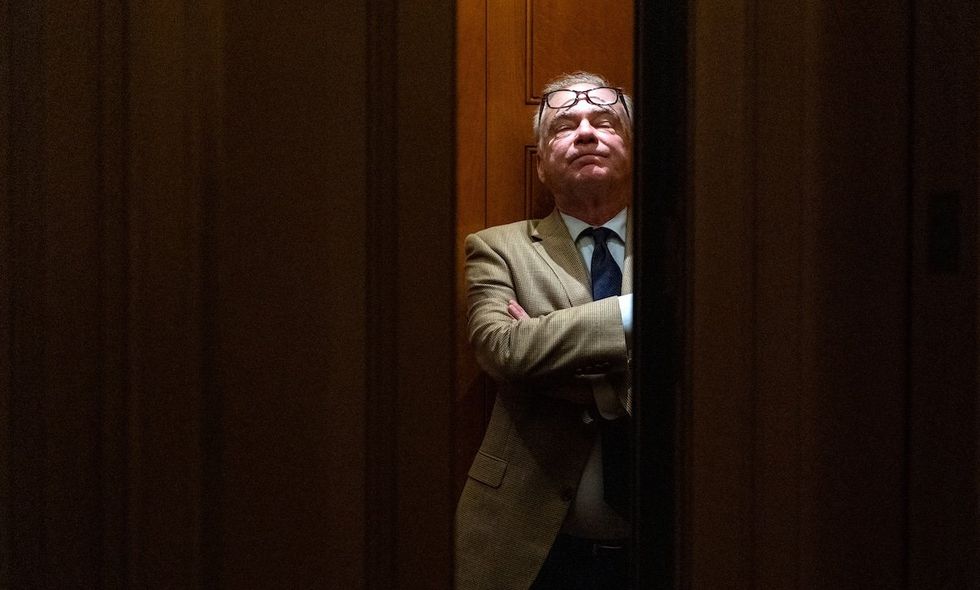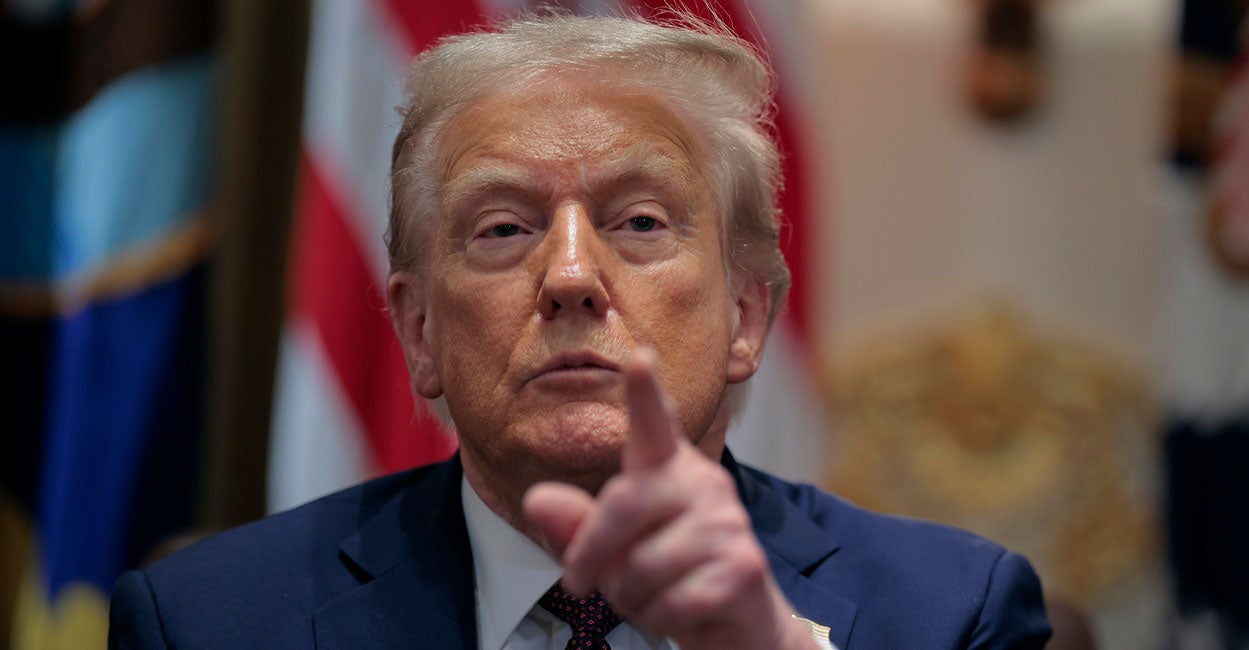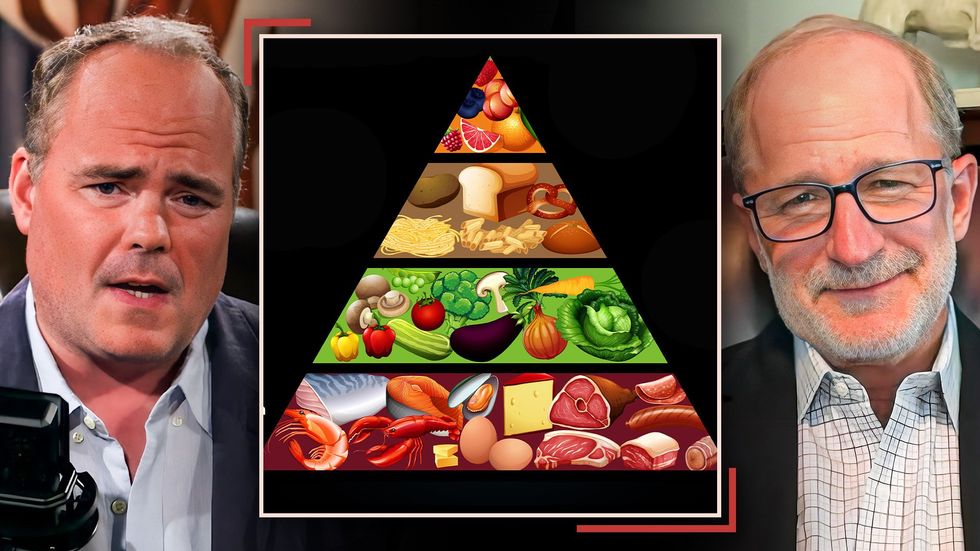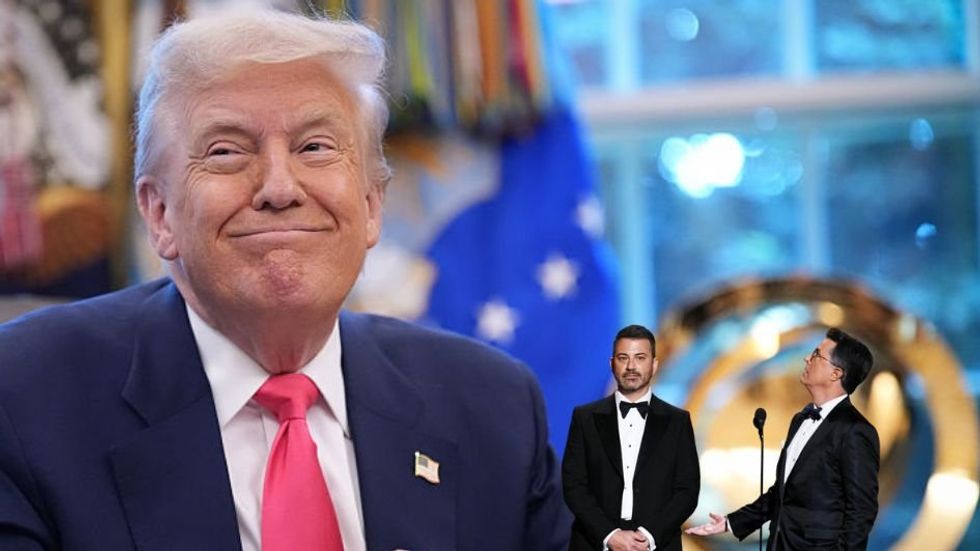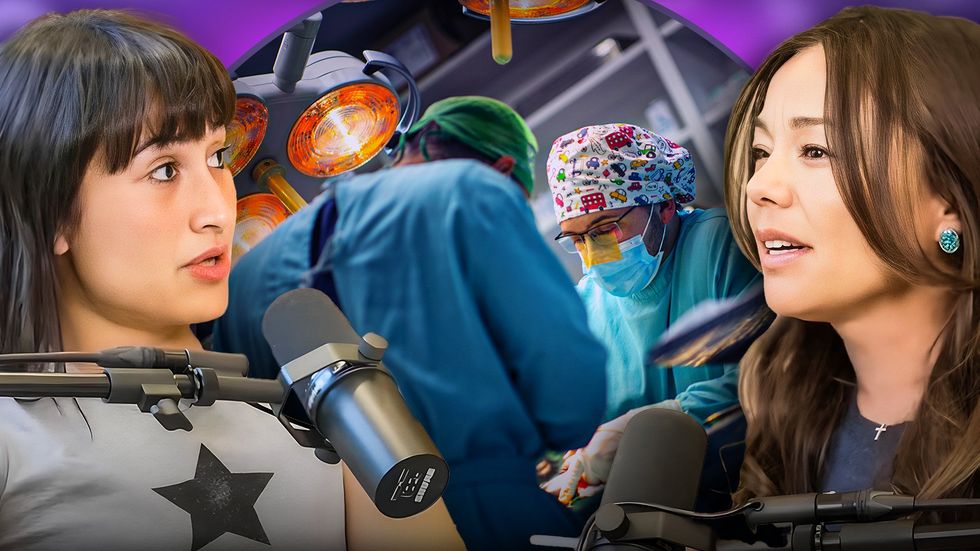One brand fixed its mistake, but Bud Light remains stuck in denial
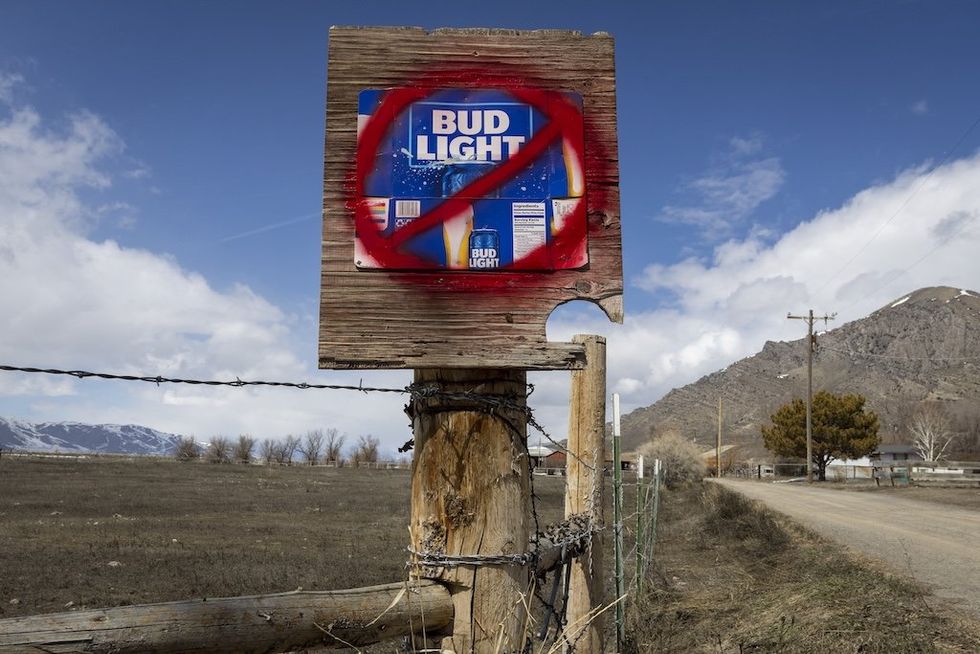

Mickey Mouse and a Clydesdale walk into a bar. It sounds like it could be the start of a joke, but unfortunately, it’s a cautionary tale.
Two iconic companies, Disney and Anheuser-Busch InBev, epitomize what went wrong with the diversity, equity, and inclusion movement. Disney lost its magic after CEO Bob Chapek feuded with Gov. Ron DeSantis over Florida’s so-called “Don’t Say Gay” bill, while Anheuser-Busch InBev washed its fortunes down the drain after Bud Light’s partnership with controversial transgender influencer Dylan Mulvaney.
It’s unlikely that Bud Light customers will ever return — at least with its current European leadership at the helm.
While both companies’ DEI forays proved costly, only one is on the path to recovery. Disney is taking steps to write a great American comeback story, while Anheuser-Busch InBev is heading for an unhappy ending. Differences in ownership are driving the distinction.
Immediately after Disney’s spat with DeSantis in March 2022, Disney’s stock price plunged. It dropped by 44% in 2022, its worst performance since 1974. Chapek was soon fired, signaling that Disney’s U.S.-based board held management accountable for the poor results. Former CEO Bob Iger was brought back to clean up the mess.
And slowly but surely, he has. Iger clearly stated that Disney’s goal is not to “advance any kind of agenda.” He told employees that Disney must “listen to an audience” and not have “disdain” for viewers.
Now, he’s taking more concrete action, including by dismantling Disney’s approach to DEI. Earlier this month, the company confirmed that it has terminated its “Reimagine Tomorrow” program, which, among other things, sought to force all new programming to feature “50% or more regular and recurring written characters” from “underrepresented” racial and LGBTQ+ groups and use quotas to hire writing and production staff members.
Disney has also changed how it pays its executives. Now, leaders are evaluated based on their ability to advance the company’s core business — not diversity goals.
Iger also eliminated trigger warnings for old Disney movies like “Dumbo” and “Peter Pan.”
Disney’s DEI rollback sends a clear message: Political activism does not pay the bills.
Customers are pleased, and investors are too. The company's stock price has bounced back from its post-Chapek low of around $80 to a 52-week high of $116.
Meanwhile, Anheuser-Busch, the American beer giant owned since 2008 by Belgian-based AB InBev, has taken a different approach. While Disney acknowledged its missteps and is making efforts to regain customer trust, Anheuser-Busch has not.
This is largely because even today, the company’s European ownership doesn’t understand its American customer base or why its DEI initiatives caused such a backlash.
In Europe, progressive social goals and business go hand in hand. The European Union has long promoted diversity as a critical element of corporate responsibility, and companies that are headquartered there are eager to prove their social bona fides.
Anheuser-Busch InBev’s U.K. website candidly explains that “diversity, equity and inclusion is core to everything we do ― from creating a work environment where people from all backgrounds can thrive, to creating more inclusive beer-drinking moments, to driving diversity and inclusion forward across the industry.”
This puts Anheuser-Busch in a tricky spot. Millions of American beer drinkers ditched Bud Light after the brand's controversial partnership with Dylan Mulvaney and botched response from the CEO. Anheuser-Busch’s U.S. beer volumes sank. The stock price plummeted.
But nothing changed. The CEO wasn’t fired. There was no public apology. There was no commitment to roll back any of the divisive DEI initiatives that landed Bud Light in hot water in the first place.
The company did alter its marketing to try to win back consumers. It partnered with Dana White and the Ultimate Fighting Championship and hired comedian Shane Gillis for its latest Super Bowl ad. But customers haven't returned. Bud Light sales fell another 30% in January.
And it’s unlikely that they will ever return — at least with its current European leadership at the helm.
The company finds itself straddling two worlds: one where its American consumers are alienated by DEI-driven marketing campaigns, and the other where its European leadership embraces these practices. This divide makes Anheuser-Busch’s position more complicated than Disney’s.
But it doesn’t have to be. Anheuser-Busch InBev could sell its American business unit to new owners based in the United States. With new leadership in place, the company can unshackle itself from the DEI grip imposed by its parent. Apologize for past mistakes. Hire an American-led team. Move forward with a merit-based plan. And regain the trust of millions of loyal customers who want to drink their beer happily ever after.
That would be a plot twist worthy of a Disney movie. Even Mickey himself could say “cheers” to that.
Originally Published at Daily Wire, Daily Signal, or The Blaze
What's Your Reaction?
 Like
0
Like
0
 Dislike
0
Dislike
0
 Love
0
Love
0
 Funny
0
Funny
0
 Angry
0
Angry
0
 Sad
0
Sad
0
 Wow
0
Wow
0

